
Manuscript Submission Cheat Sheet
This cheat sheet contains all the information you'll need to gear up for submission, do amazing research, and pitch your memoir in the strongest way possible.

Upcoming Webinars
Get an insider's view of the publishing world with Publishing Lunch, the ultimate speaker series designed for writers ready to thrive. This isn’t just another webinar; it’s your backstage pass to candid conversations with industry pros like literary agents, acquisitions editors, and more.
While picture books are easy and fun to read—they can be extremely challenging to write well! Join me on an exploration of this amazing, engaging, and colorful category of children’s books.
Get an insider's view of the publishing world with Publishing Lunch, the ultimate speaker series designed for writers ready to thrive. This isn’t just another webinar; it’s your backstage pass to candid conversations with industry pros like literary agents, acquisitions editors, and more.
Get an insider's view of the publishing world with Publishing Lunch, the ultimate speaker series designed for writers ready to thrive. This isn’t just another webinar; it’s your backstage pass to candid conversations with industry pros like literary agents, acquisitions editors, and more.
Query letters are the most controversial topic in publishing. They’re your foot in the door in the slush pile, and a good one will launch you toward your publishing goals. Learn how to write a compelling query from a former literary agent, get advice for agent and publisher research, and discover some surprising submission dos and don’ts.
Videos
Get ready for some full transparency. How much an agent should be charging you, at what percentage, and when.
If you're a non-fiction or memoir writer, here's essential advice on how to map out your path to a book deal.
A nonfiction query letter doesn't hit the same points as a fiction query letter. Here are three key elements to include in the query letter for your nonfiction project.
Communicating with literary agents is an important part of the querying process. Here are some communication do's and don'ts that'll give you the best shot at receiving a response to your query.
Tips on looking at your work with clarity so you can determine your personal "done," as well as what to do when you reach that finish line.
Award-winning writer and ghostwriter Kelly Madrone joins us to talk about writing as someone else, modulating a professional potty mouth, and how to create a nuanced story arc in memoir.
It may seem weird to talk about failure and rejection in writing context as a good thing. But I really want to help you reframe it, because the actual writing journey is rather long. If you don't enjoy the actual writing process, you're gonna have a tough time because there is so much rejection and failure inherent in that journey.
If you have spent any time on the submission trail, you will notice that there are manuscript length guidelines for manuscripts that you may want to submit, and they are very category-specific. Here’s a run-through of children's books guidelines to get you started.
Decades-long agent, Rachel Orr, talks about real life clients as she shares what agents and editors are looking for, what to include in your query letter, and how to challenge the status quo.
Thinking about finding another literary agent? Here are some tips to help smooth the transition.
You have an offer of representation from a literary agent--now what? Here are some crucial questions to ask before you sign on the dotted line.
Will agents and editors consider a revision of a manuscript they've already rejected? Check out this week's video for tips on resubmitting a revision to an agent.
How do you catch an agent's attention during a pitch session? Here are some tips and tricks for crafting a successful pitch and making a good impression.
If you're wondering about how to handle a literary agent revision request, how that informs your submission round, and what to expect when working more closely with an agent before an offer of representation, check out this video.
I love talking about switching literary agents because I want to normalize it. I want to make sure that people don't feel alone if and when something happens to them in their agent-writer relationships, because like any relationship, they might not work out the way we anticipate.
An agent asked for my full manuscript, hooray! This exciting situation opens up a lot of questions that you may have about literary agents. Learn all about literary agent manuscript requests in this class.
If you're wondering about literary agent response times, when to submit, and when to expect to hear back on your manuscript submission to agents, check out this video.
Podcasts
What happens when you’ve written a memoir but find that your words aren’t resonating with readers the way you thought they would? And upon that realization, what do you do or change to bridge the gap?
Query smart by making sure you’re targeting agents and editors who want what you’re writing.
One of the most difficult experiences for an author is changing literary agents. Sometimes, as much as many hate to admit it, seeking out new representation becomes necessary. If a relationship between an author and their agent isn’t productive, it can often be worse than having no agent at all.
Query rejection hurts. You’re putting your shiny new novel out into the world, just for people to say “no, thank you.” Here are some of the best ways to deal with a query rejection.
You got a full manuscript request. Cue the panic. Now, how should you polish an entire novel or memoir for submission so every page sings—without wanting to gouge out your eyeballs? Follow these ten steps!
One query letter sent to the right agent … and an offer of representation comes your way! Of course we writers stress about our queries. We’ve poured so much into our manuscripts, and we only get a few hundred words to pitch them! Let’s go over the elements of a query letter to improve your chances of getting that wonderful phone call one day.
Typing “the end,” either literally or figuratively, after spending many months on a project is worthy of celebration. The logical next step is querying. But before you begin to query, there are some critical steps to take.
Many writers struggle with how to deal with negative criticism. Not all writing feedback you receive in your lifetime will be “constructive criticism”. Some of it may feel like straight-up criticism criticism, or worse, destructive criticism. Ouch! Here are some thoughts on bouncing back from a devastating writing critique, and what to do next.
Coming up with the dreaded comp titles for your query letter or elevator pitch doesn’t have to be a chore. Here’s why you need them and how to make looking for them (a little) more fun.
You’re ready to take the next step, but manuscript submission can feel overwhelming. (Am I the only one who hadn’t heard anyone use the word ‘query’ in a hundred years before entering publishing?) Let’s take a zoomed-out look at what manuscript submission is and look at some resources that can help you with the process.
Negative feedback can be confusing and hard to hear. Turn what feels like “no” into a mission to “go”!
One way you might think about how to write a query letter is as a cover letter. It has its own rules and formatting for the literary world, but essentially you are pitching your project to your potential employer. So, what are the rules? How do you start?
Writers are usually advised against braving the publishing world without an agent to represent them. Yet, unagented submissions exist for a reason, and there’s a time and place when they work—when they might even be the best option.
You are so familiar with your story’s opening, you’ve created blind spots. You’ve most likely rewritten this part more than any other, so in your mind it might still contain information you deleted four iterations ago. So how do you know whether your first ten pages are submission-ready?
Blog Posts
Thrilled to be joined by author and publishing expert Courtney Maum! She gives us insight behind her terrific book, Before and After the Book Deal, and talks about the highs and lows of publishing. Tune in for her knowledgable tidbits about marketing, building an online platform, self-publishing, memoir, and more!
An uplifting conversation with author Wendelin Van Draanen, where we discuss the therapeutic nature of writing and the silver lining in a difficult path to publication.
Insights from industry veteran Chuck Sambuchino on how to become a well-informed writer, build a platform, and get published.
Roz Morris and Mary dive into the mechanics of storytelling and discuss how to connect with your audience—whether you're writing someone else's story or you're telling your own.
Ghostwriter Kelly Madrone joins us to talk about writing as someone else, modulating a professional potty mouth, and creating a story arc in memoir.
CEO of independent publisher Girl Friday Productions Leslie Miller talks all things publishing, marketing, and building your platform as an author. She discusses the differences between traditional publishing, self-publishing, indie publishing, and hybrid publishing, and how to know which option is right for your project.
Historical and fantasy author Gail Carson Levine interviews with Mary Kole. She shares thoughts on the writing process, world-building, and her latest book, A Ceiling Made of Eggshells.
Services
Wondering if your query letter is enough to catch an agent’s attention? This is for you. Rhiannon Richardson’s feedback will help your query really show off your work, so you can pitch your project with total confidence.
Up to one page single-spaced.
Everything you need to get your work ready to submit: query letter editing, synopsis notes, and editing on your first ten pages, including an overview, manuscript comments, and proofreading. When Rhiannon Richardson’s done, you’ll be every literary agent’s dream.
Up to one single-spaced page query, four double-spaced pages synopsis, and ten double-spaced first pages.
Wondering if your query letter is enough to catch an agent’s attention? This is for you. Amy Wilson’s feedback will help your query really show off your work, so you can pitch your project with total confidence.
Up to one single-spaced page.
Wondering if your query letter is enough to catch an agent’s attention? This is for you. Kristen Overman’s feedback will help your query really show off your work, so you can pitch your project with total confidence.
Up to one page single-spaced.
I will read your query letter and give you thorough query editing notes on voice, tone, content, presentation, and more. I’ll also share my thoughts on your story idea and its chances in the market. I will let you know whether or not your story idea–as presented in your query–has the right stuff to stand out in the slush. Query letter editing can be your magic bullet.
Up to one single-spaced page.
A great book starts with a great premise. I will give you thorough synopsis editing notes on voice, tone, content, presentation, and more. I’ll also share my thoughts on your story idea and its chances in the market.
Submit up to four double-spaced pages.
Everything you need to get your work ready to submit: query letter editing, synopsis notes, and editing on your first ten pages, including an overview, manuscript comments, and proofreading. When Kristen Overman’s done, you’ll be every literary agent’s dream.
Up to one single-spaced page query, four double-spaced pages synopsis, and ten double-spaced first pages.
Everything you need to get your work ready to submit: query letter editing, synopsis notes, and editing on your first ten pages, including an overview, manuscript comments, and proofreading. When Amy Wilson’s done, you’ll be every literary agent’s dream.
Up to one single-spaced page query, four double-spaced pages synopsis, and ten double-spaced first pages.
I will read your query letter and synopsis, giving you thorough editing notes on voice, tone, content, presentation, and more. I’ll also share my thoughts on your story idea and its chances in the market. I will let you know whether or not your story idea–as presented in your query and synopsis–has the right stuff to stand out in the slush.
Submit up to one single-spaced page query and four double-spaced pages synopsis.
I will read the first ten pages of your work and critique the writing, scene work, dialogue, action, pacing, the “promise of the novel” (this is very important, yet few writers ever think about it), characters, and more. Includes a line edit, actionable advice, and writing feedback. With my notes, you’ll have the confidence and know-how to make your work shine throughout.
Up to one single-spaced page query, four double-spaced pages synopsis, and ten double-spaced first pages of your manuscript.

FEATURED SERVICE
Everything you need to get your work ready to submit: query letter editing, synopsis notes, and editing on your first ten pages, including an overview, manuscript comments, and proofreading. When Kristen Overman’s done, you’ll be every literary agent’s dream.
Up to one single-spaced page query, four double-spaced pages synopsis, and ten double-spaced first pages.

Query Letters that worked
It’s easy to get intimidated by queries. After all, you’re condensing your whole idea into a single document, putting it out there, and hoping it’ll catch the eye of a busy agent. Wouldn’t it be great to see dozens of examples of queries and query letters that actually worked—with notes of exactly what they did right?






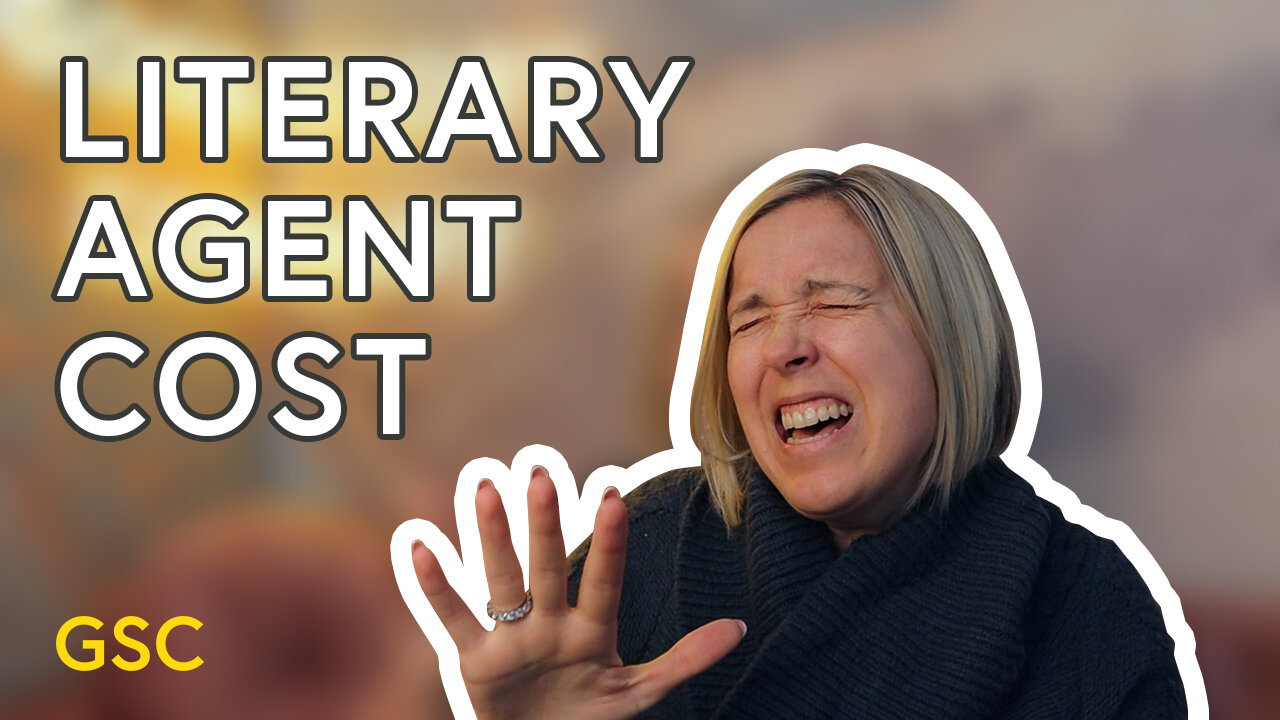
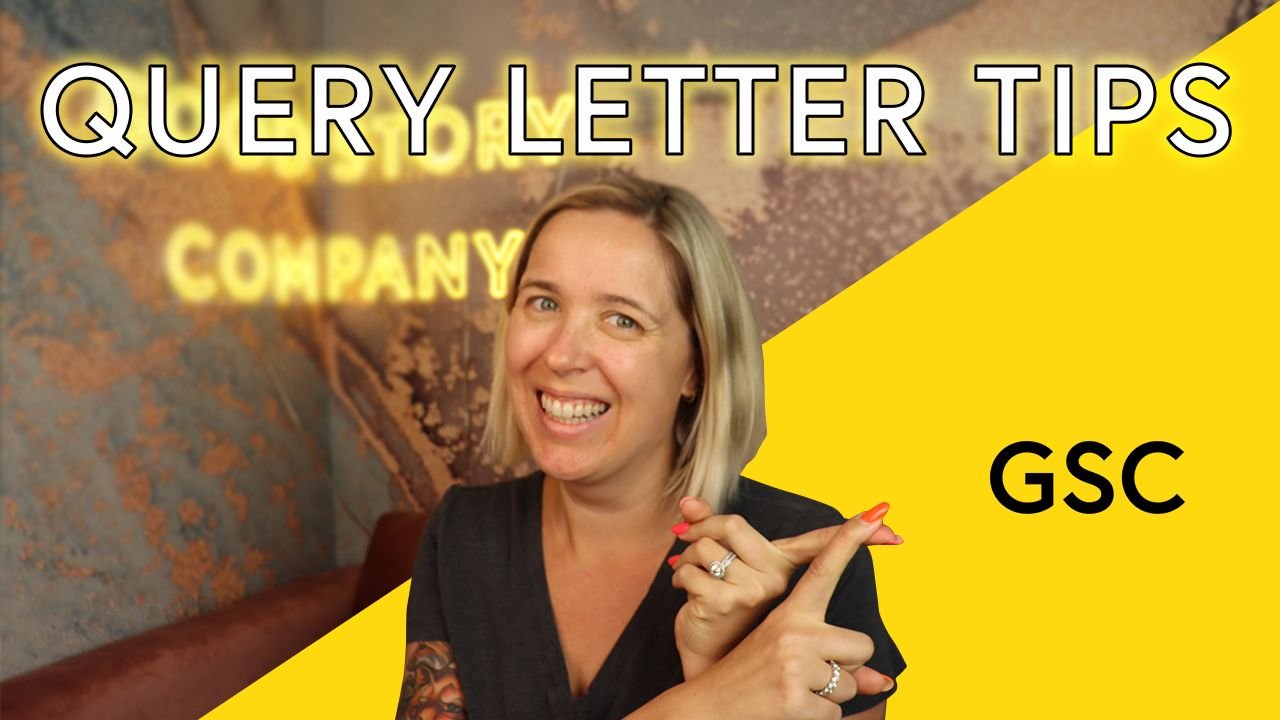
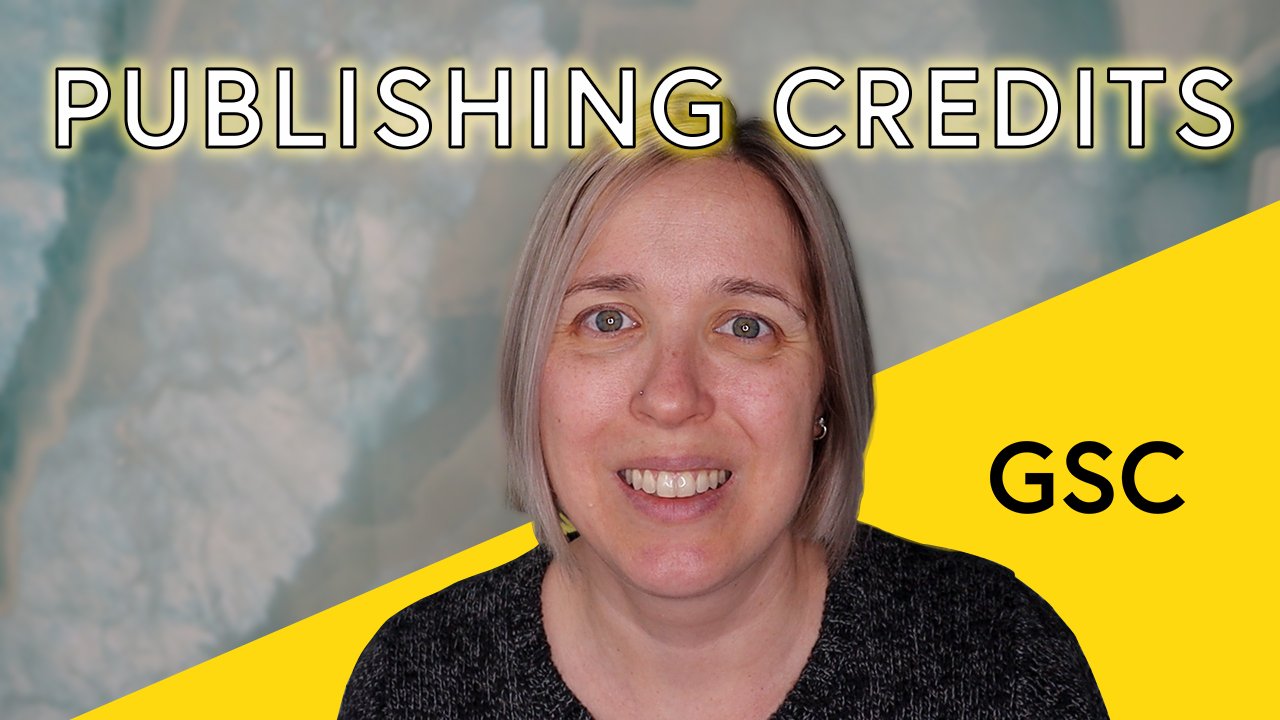
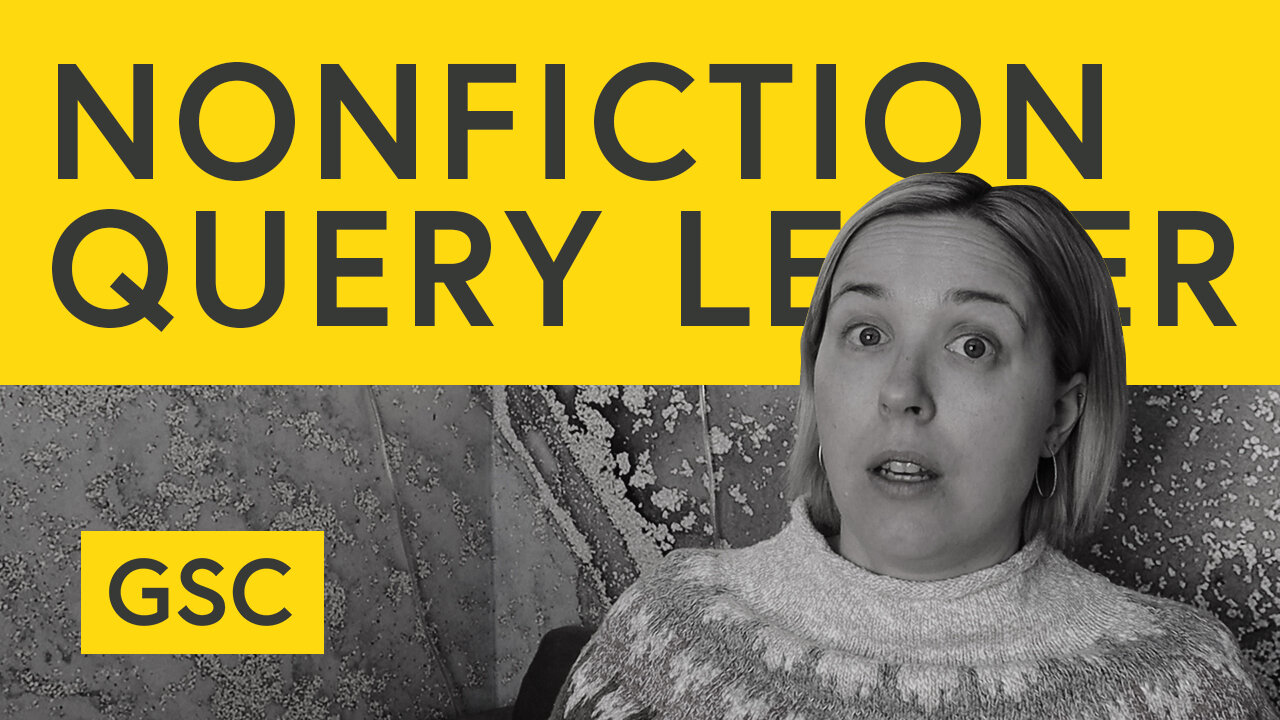
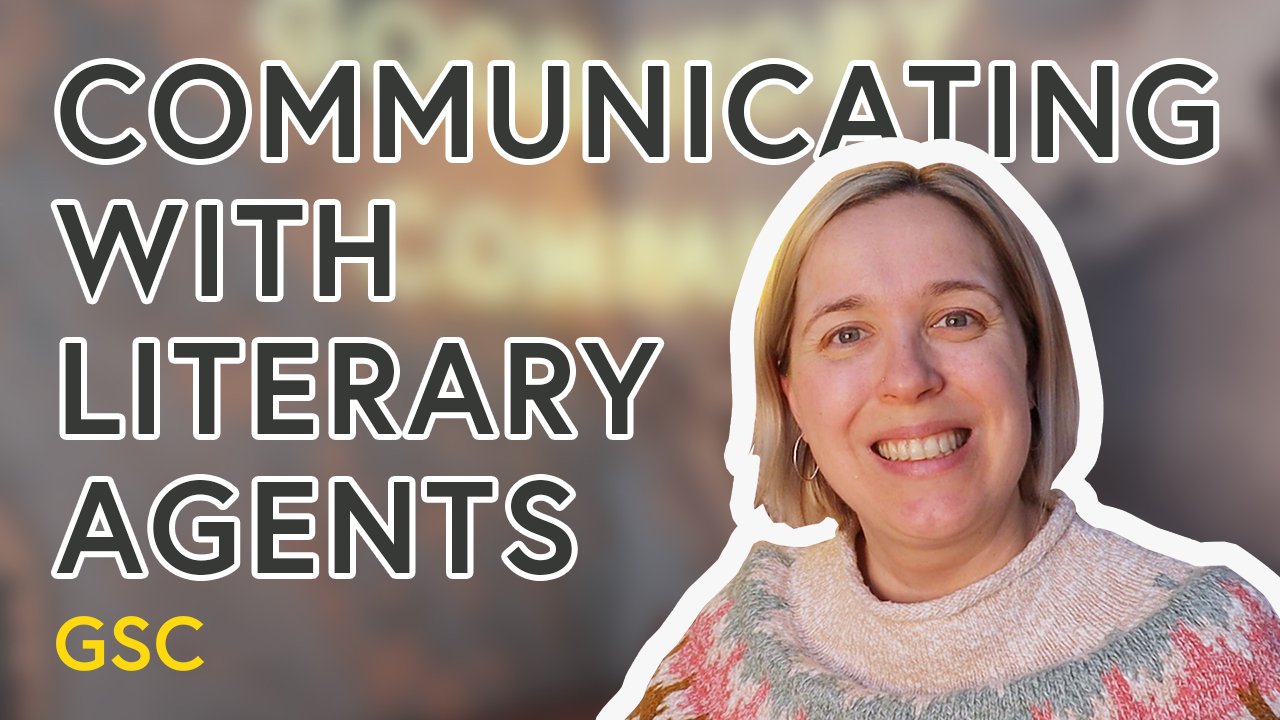


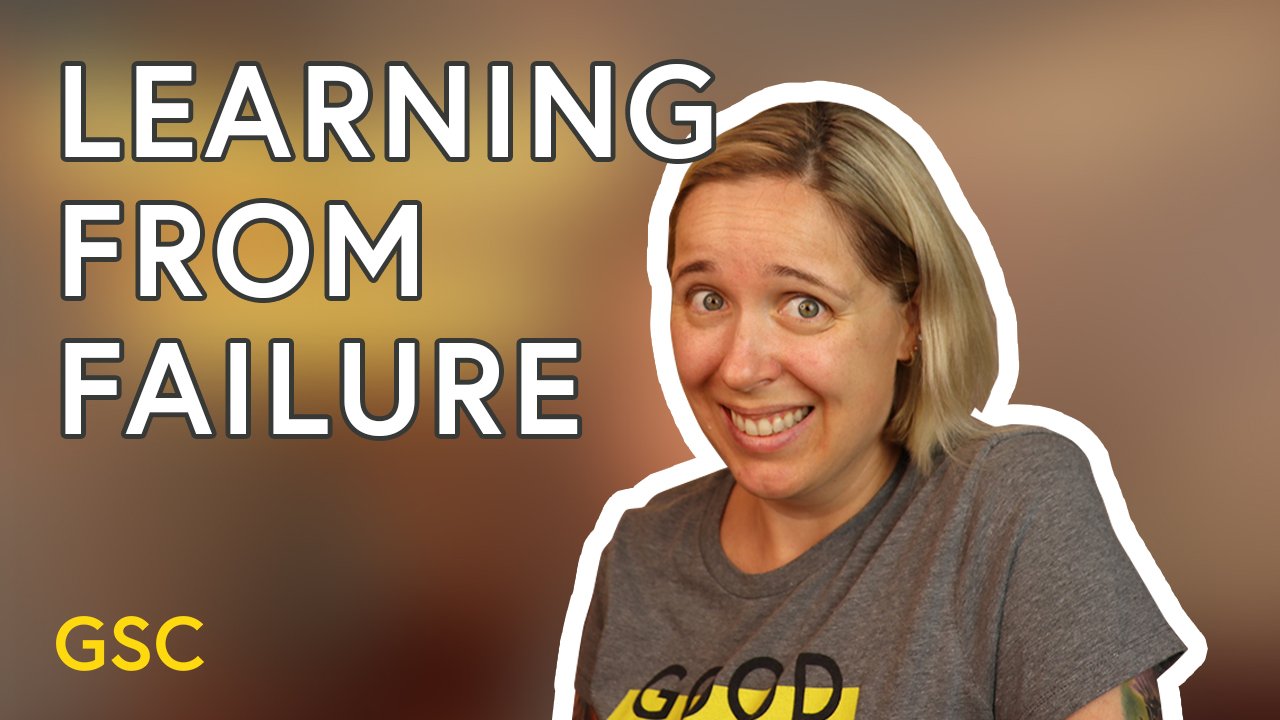
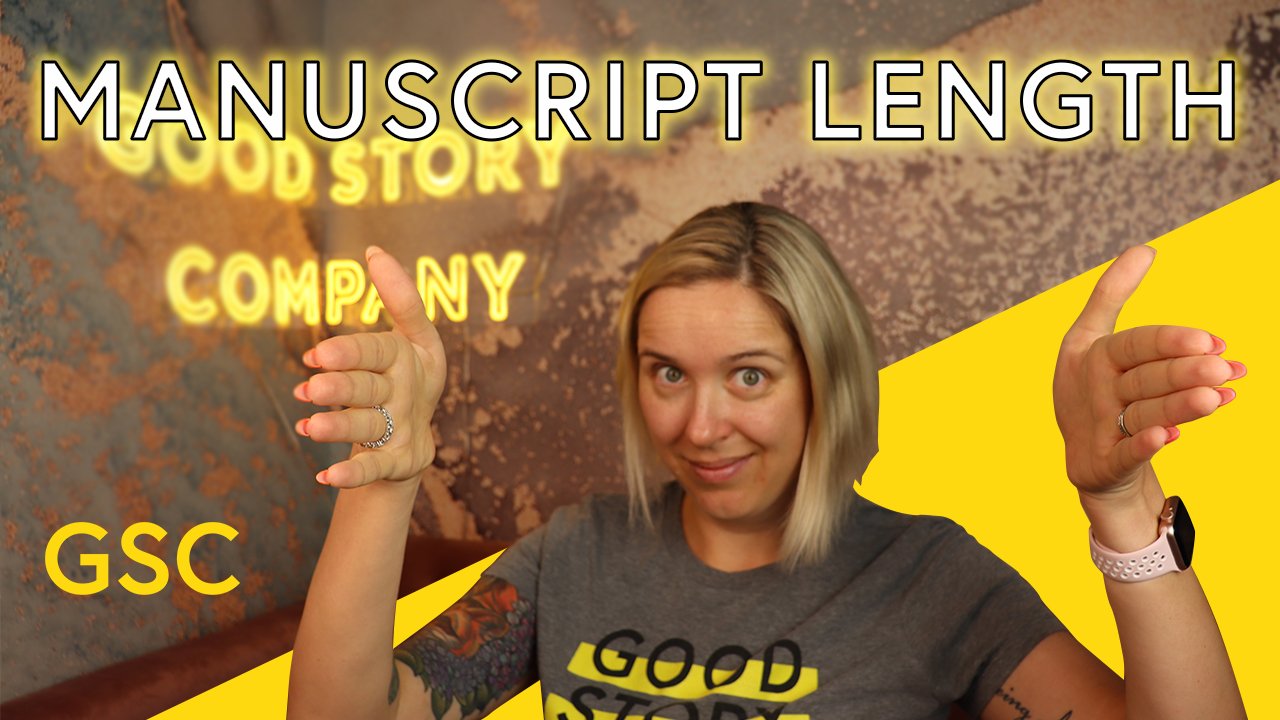
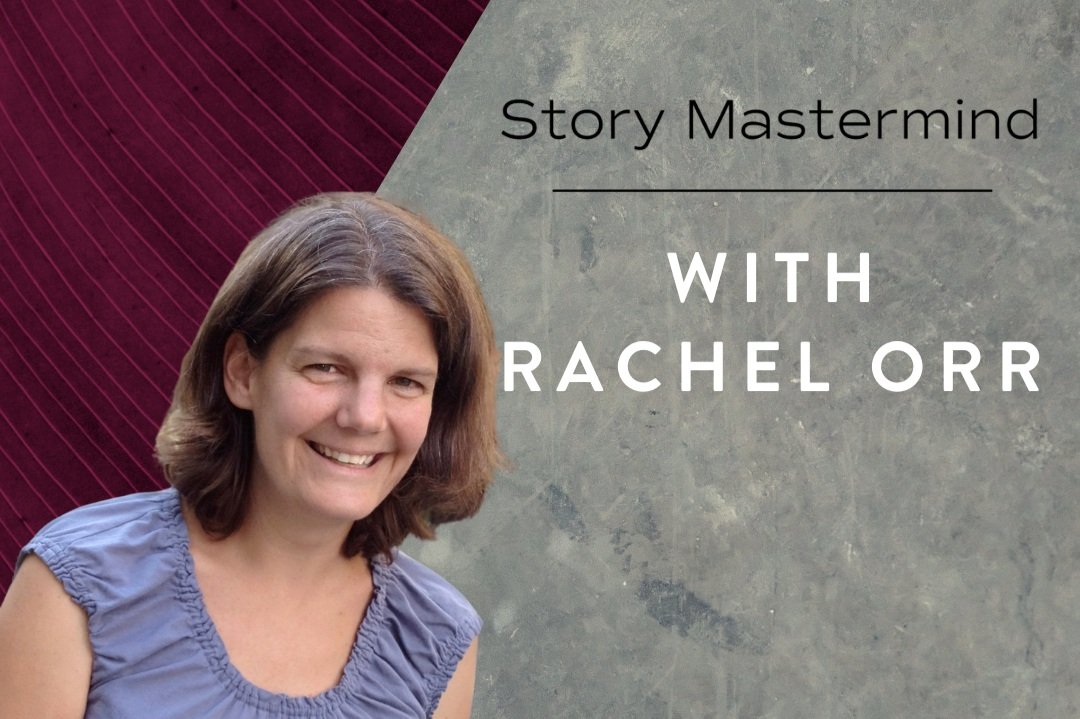
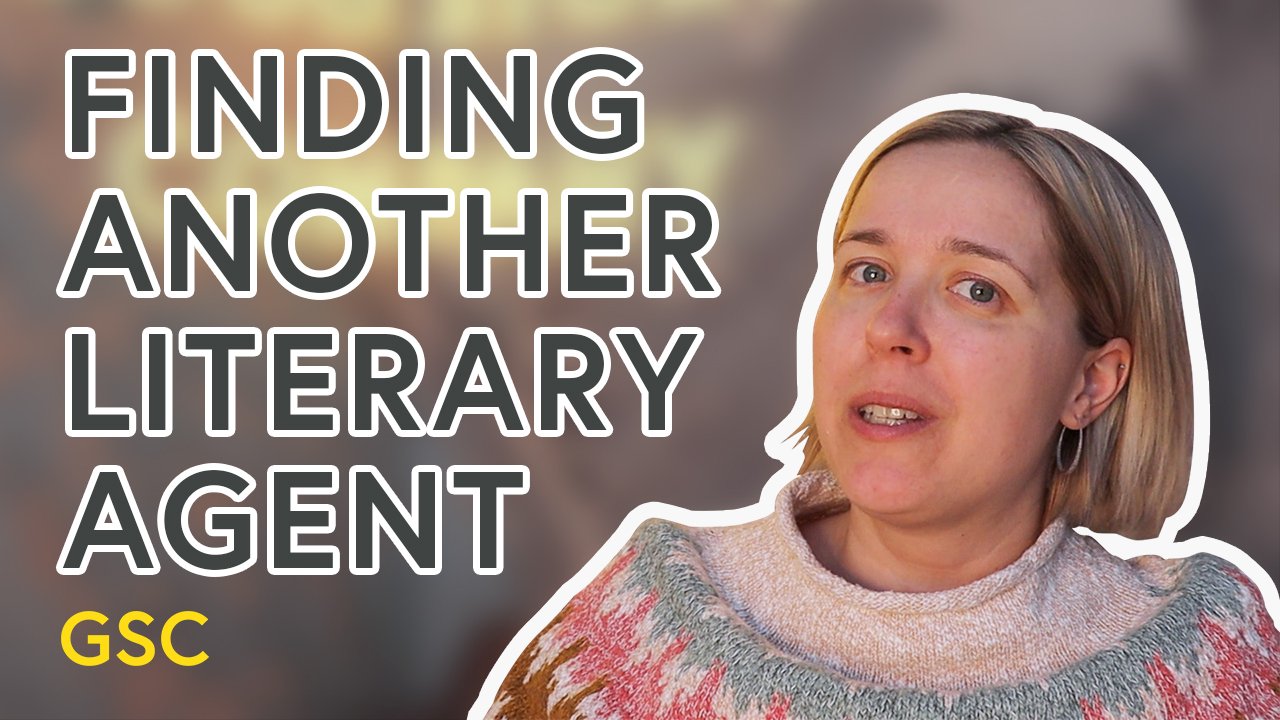
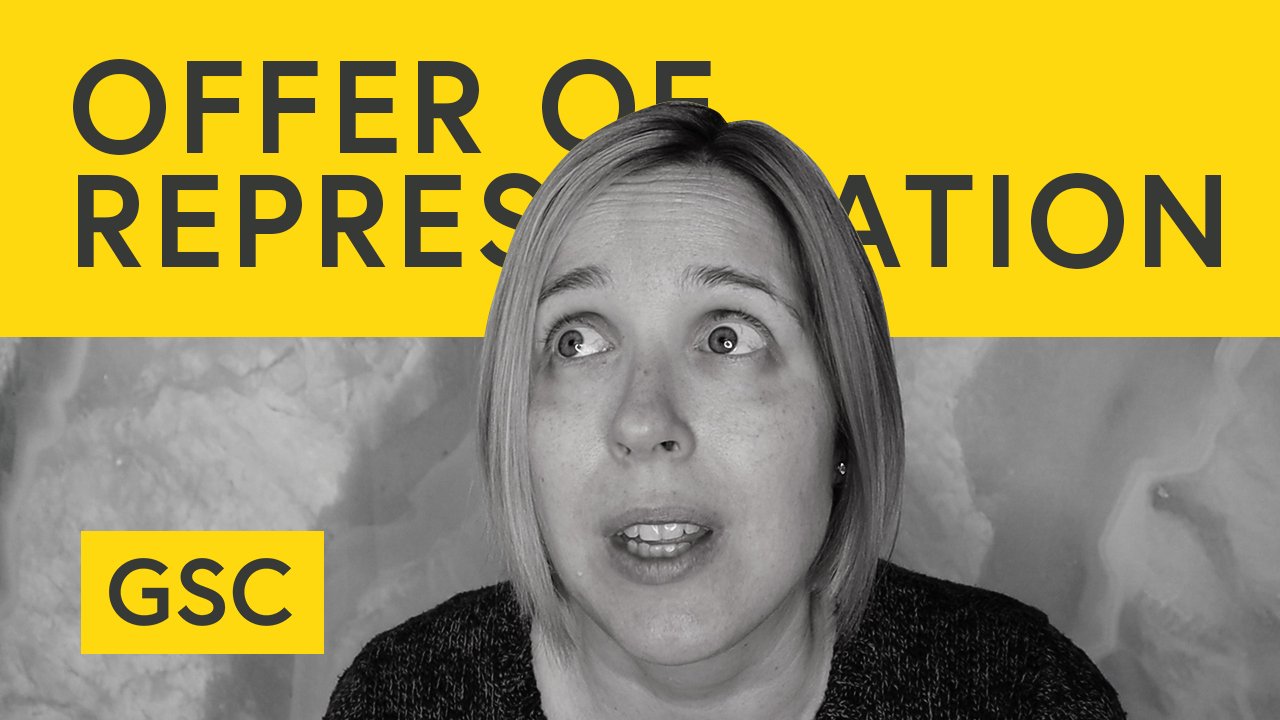
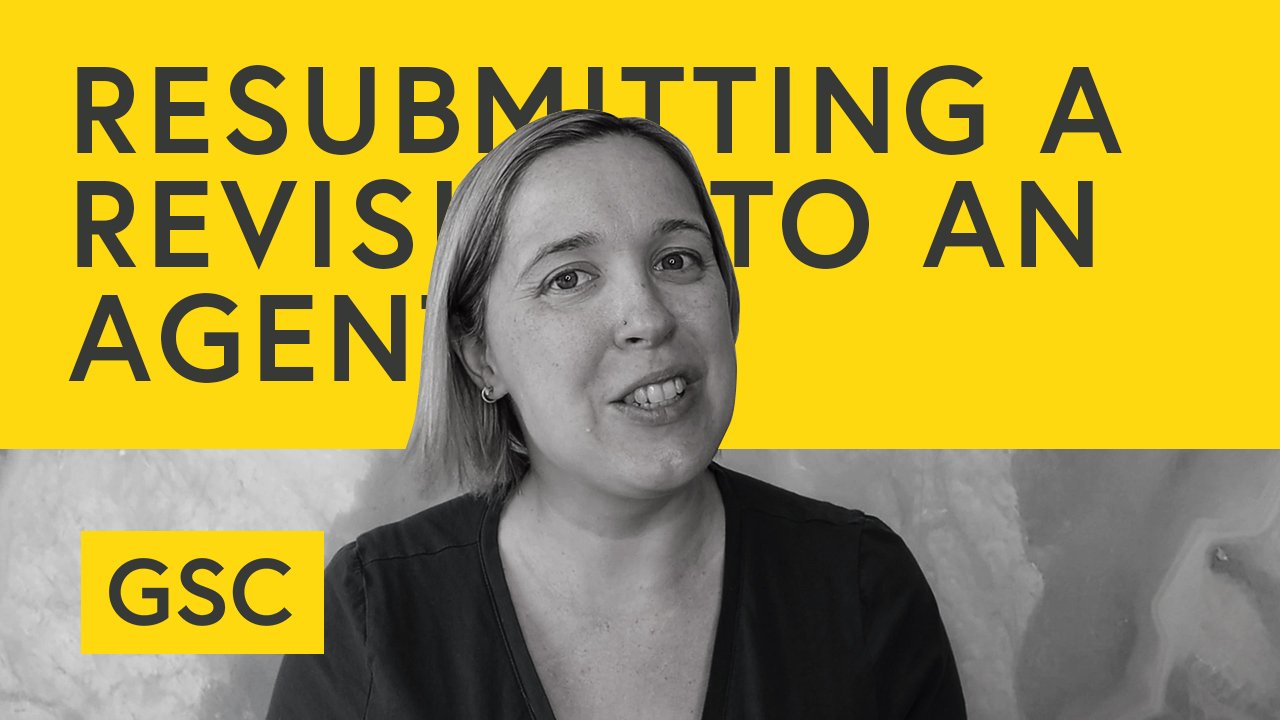
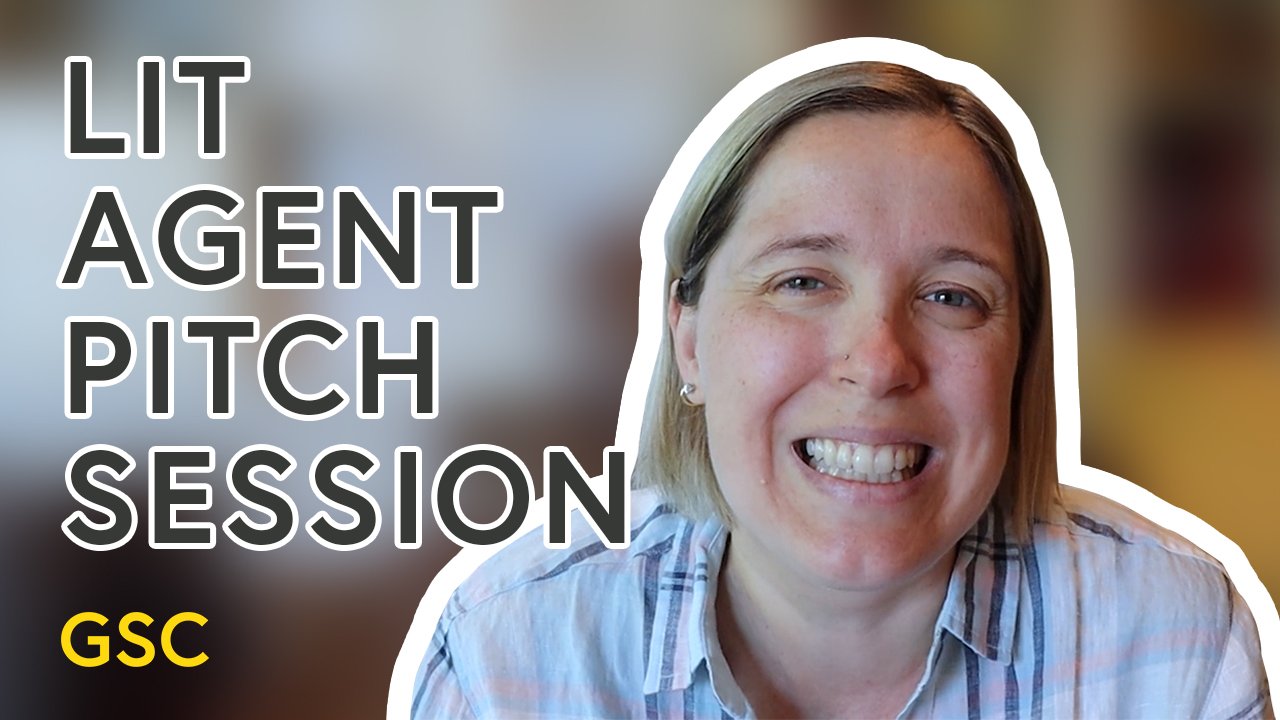
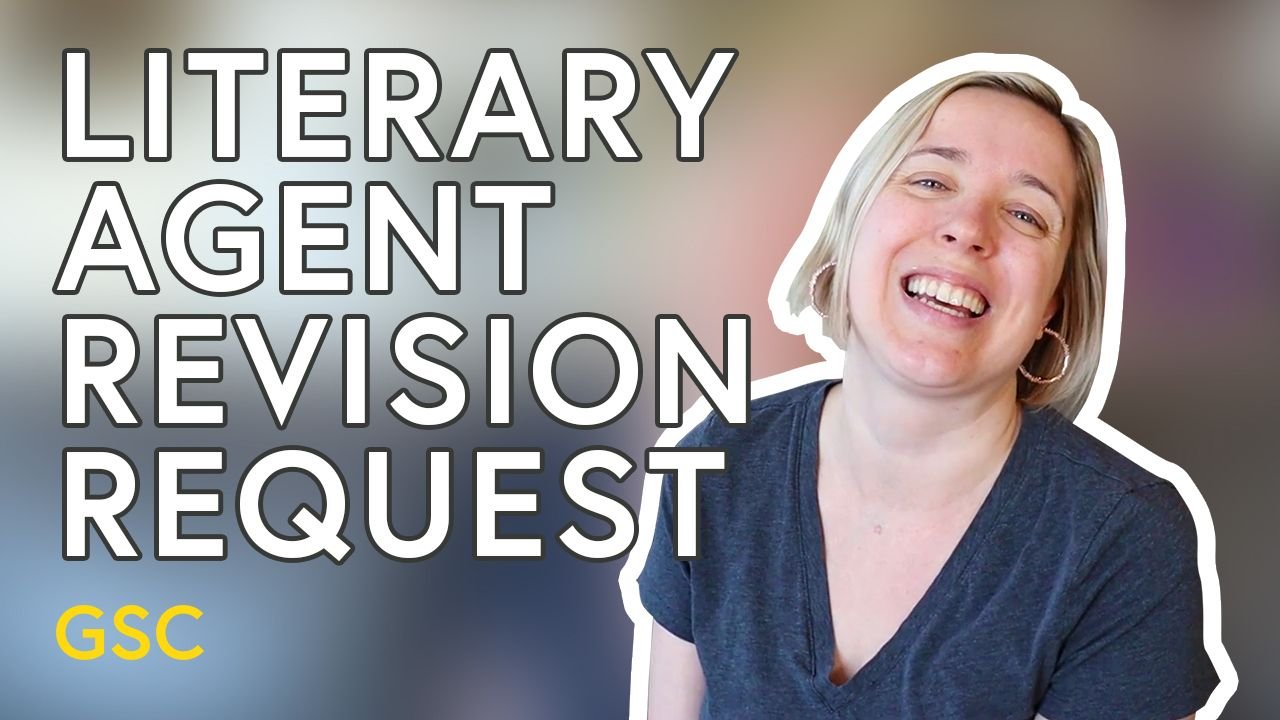
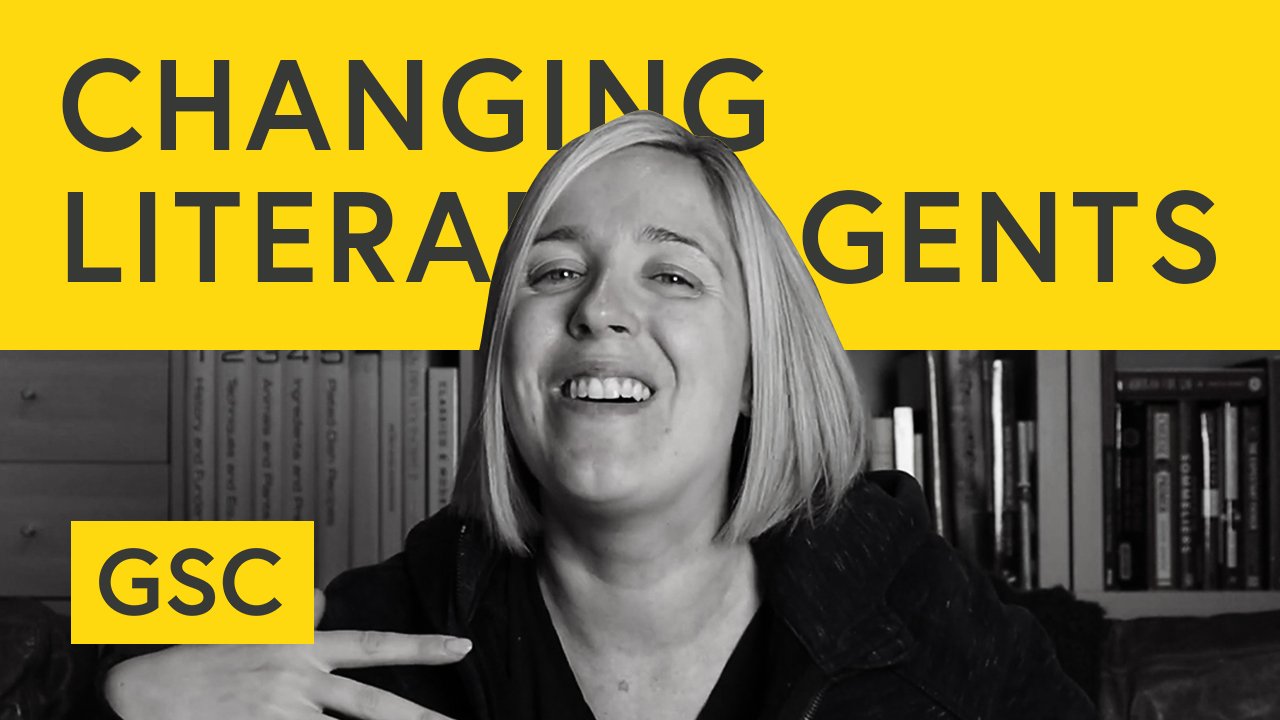


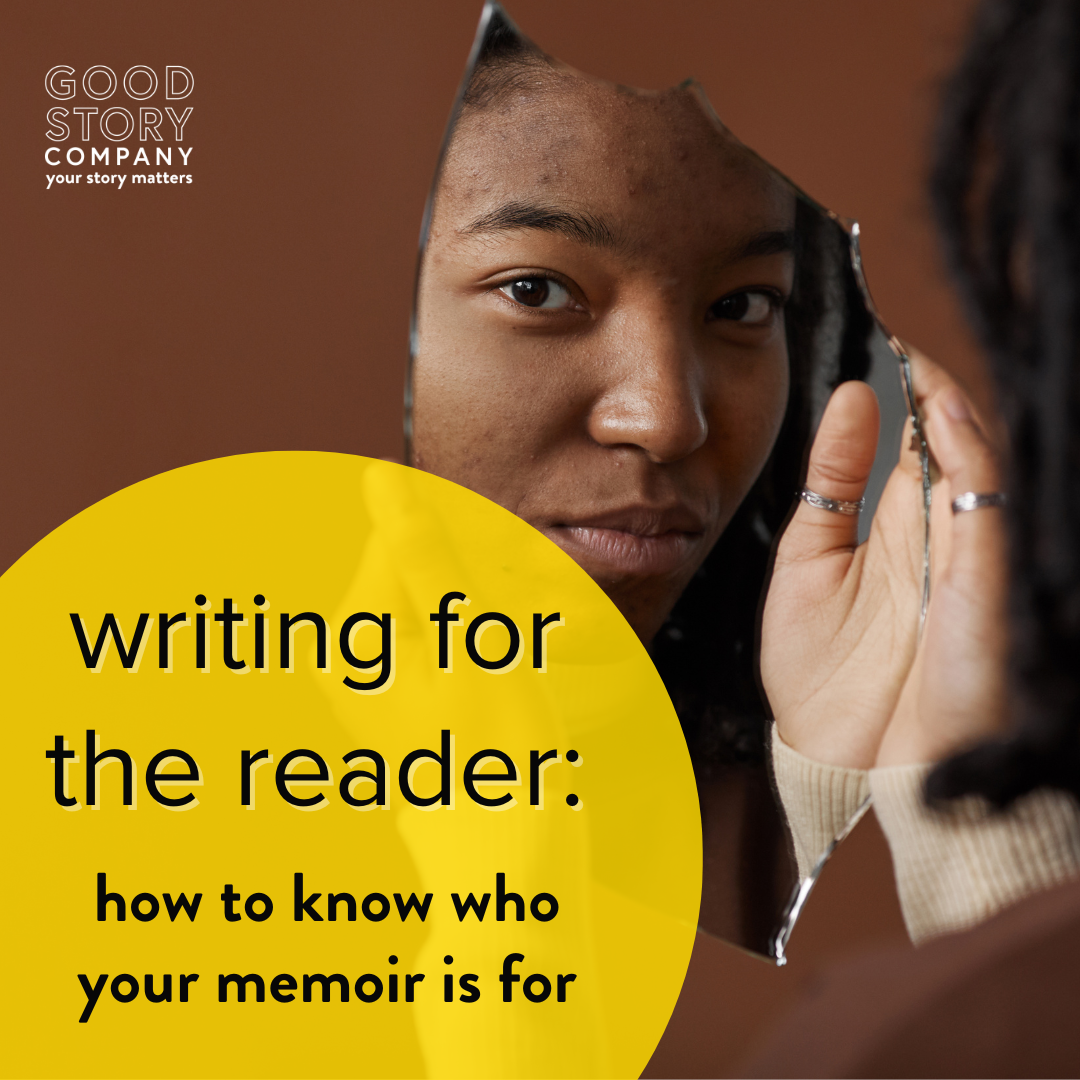


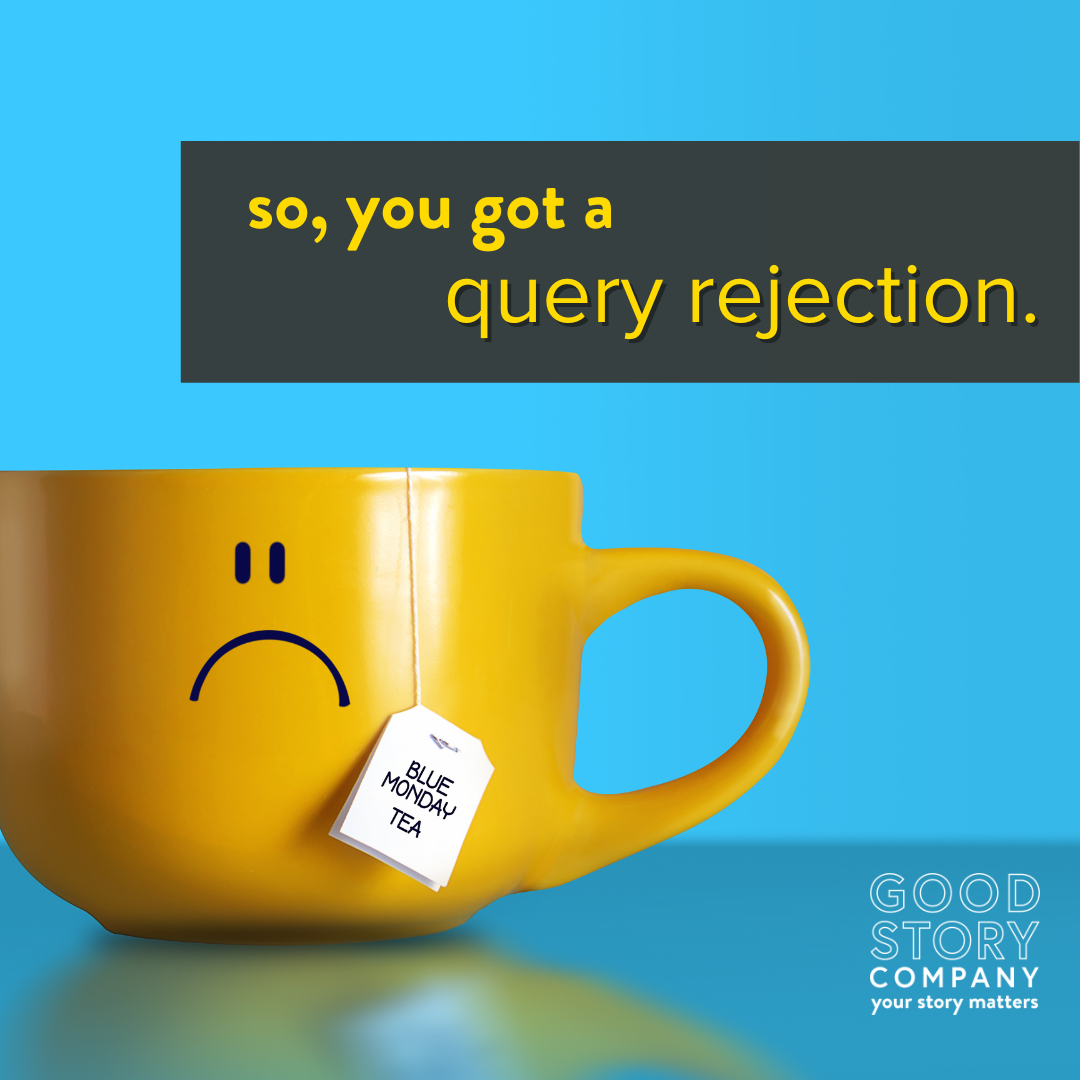
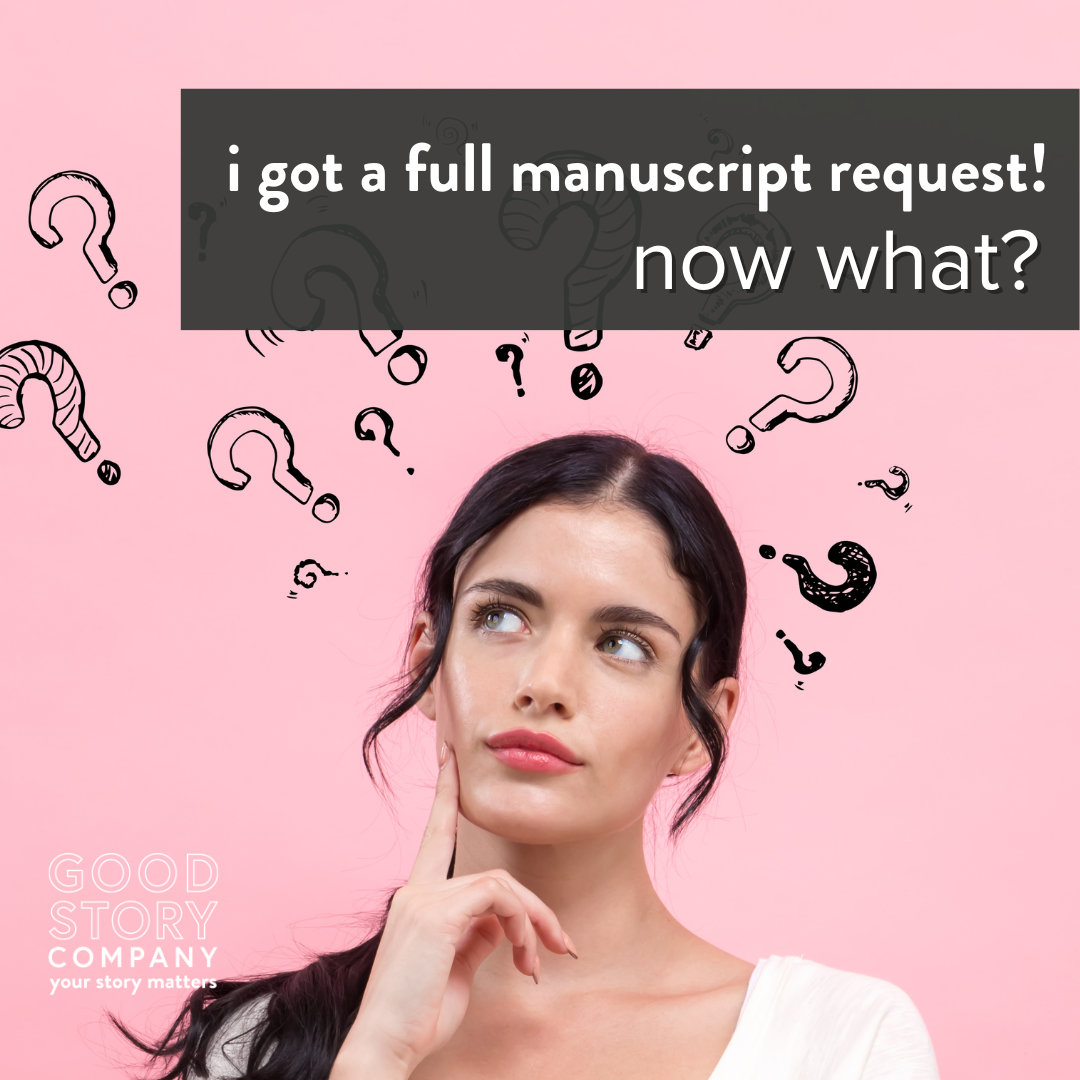
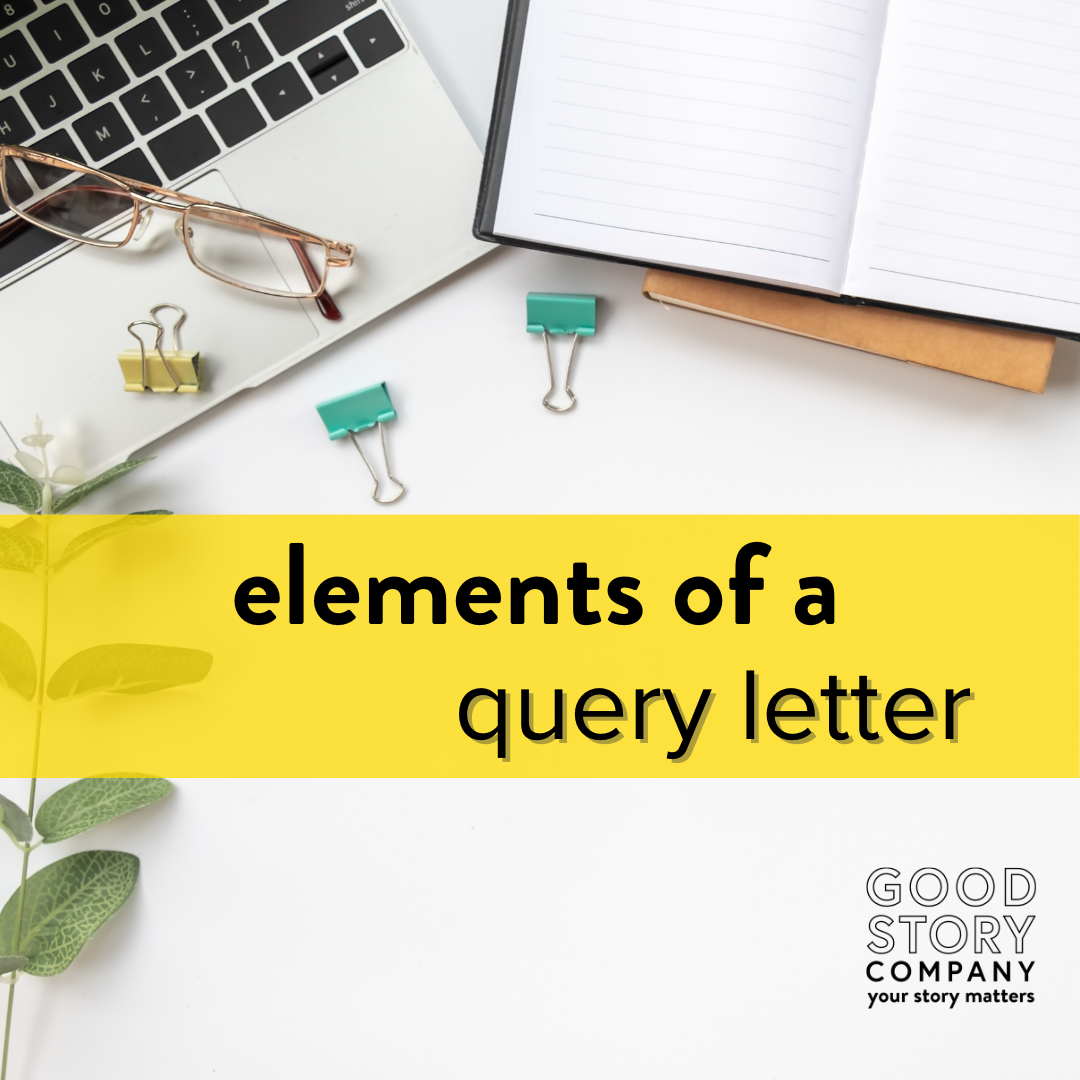

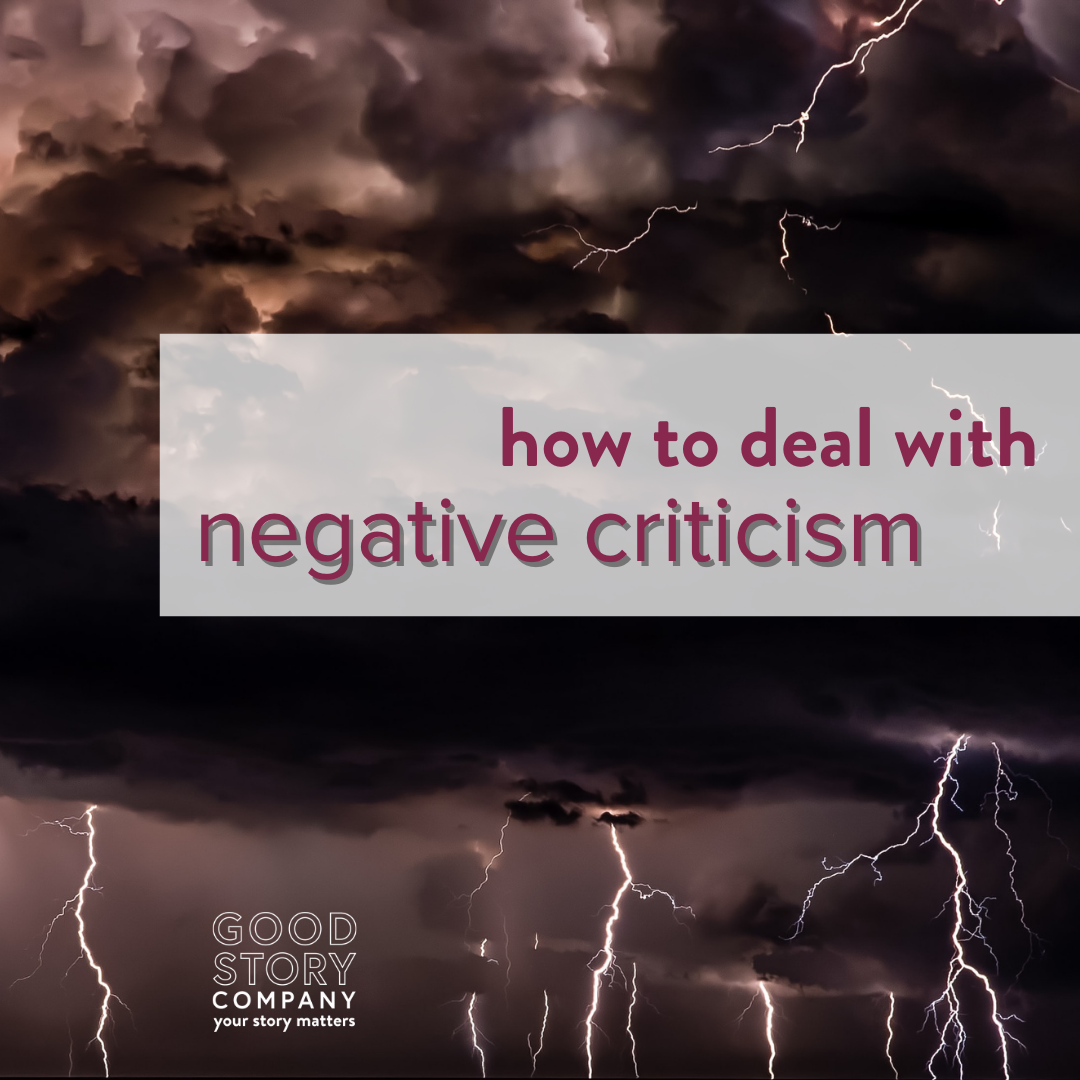


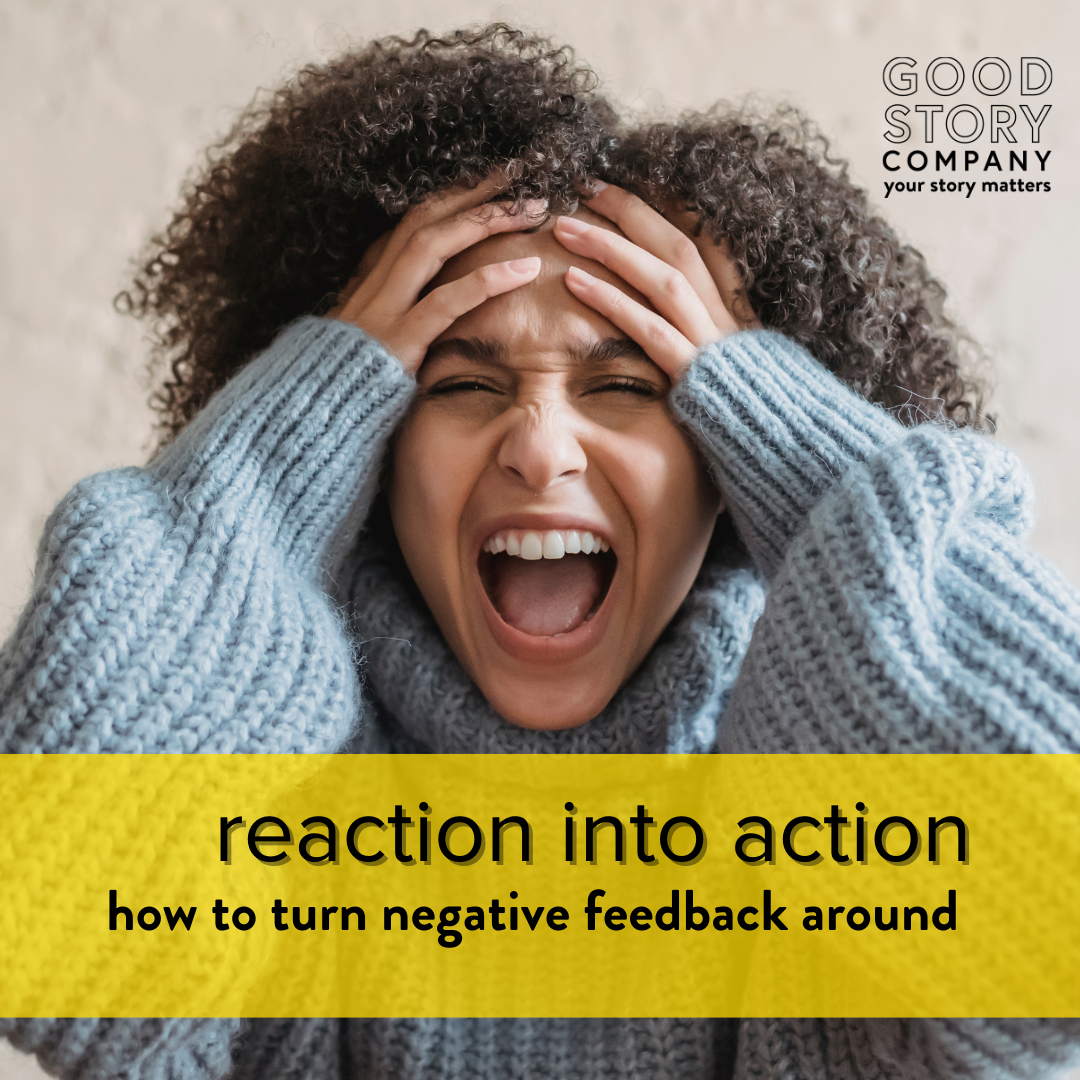


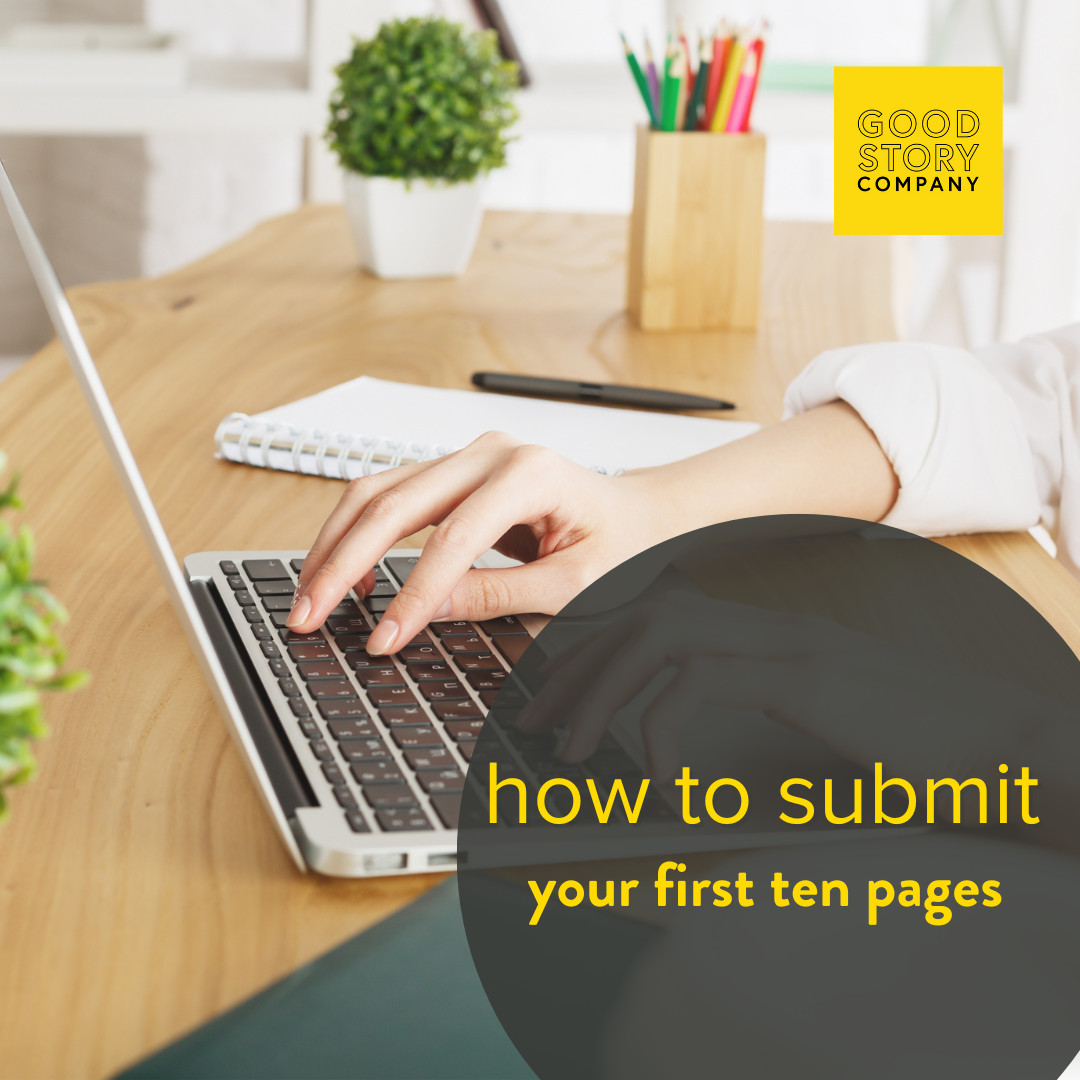

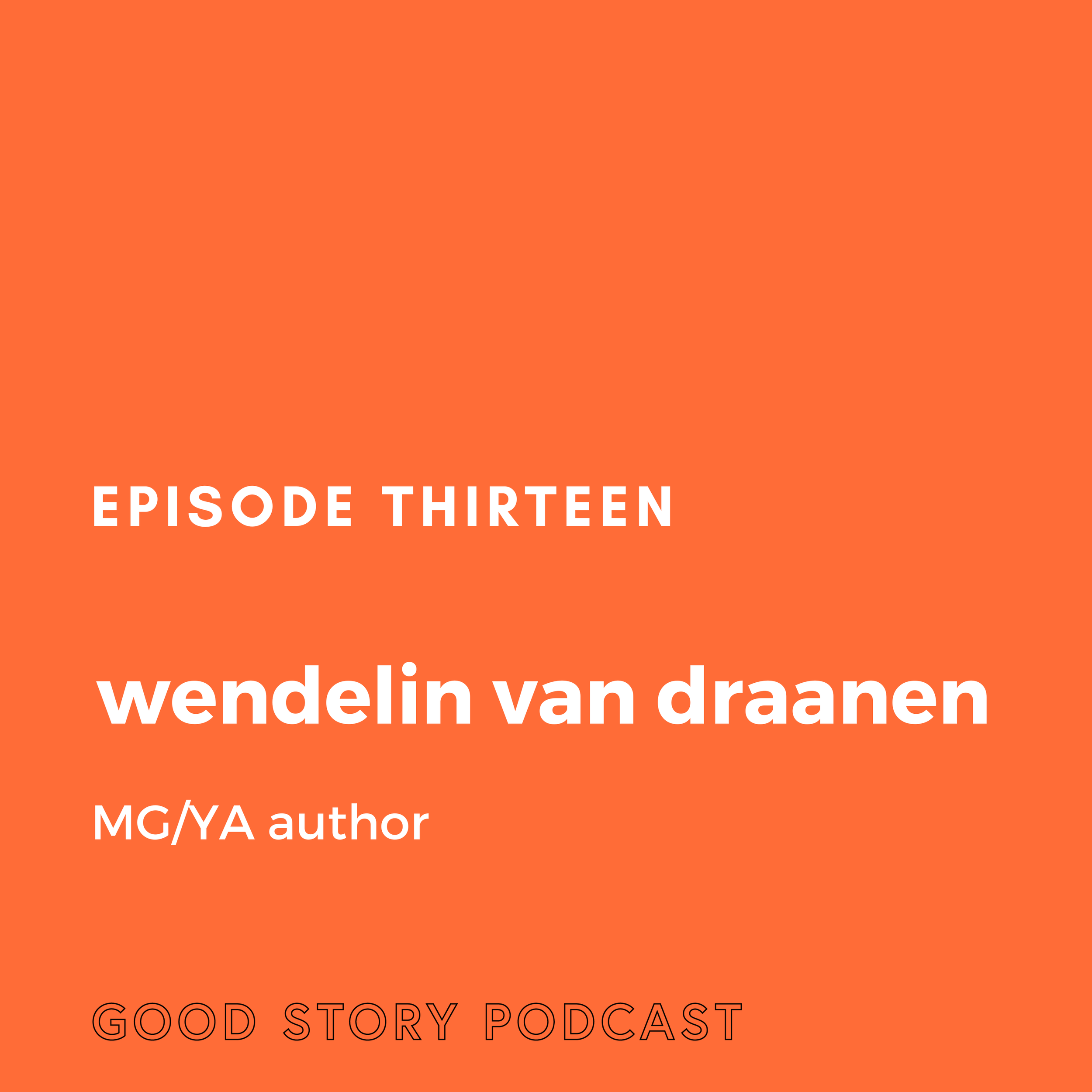
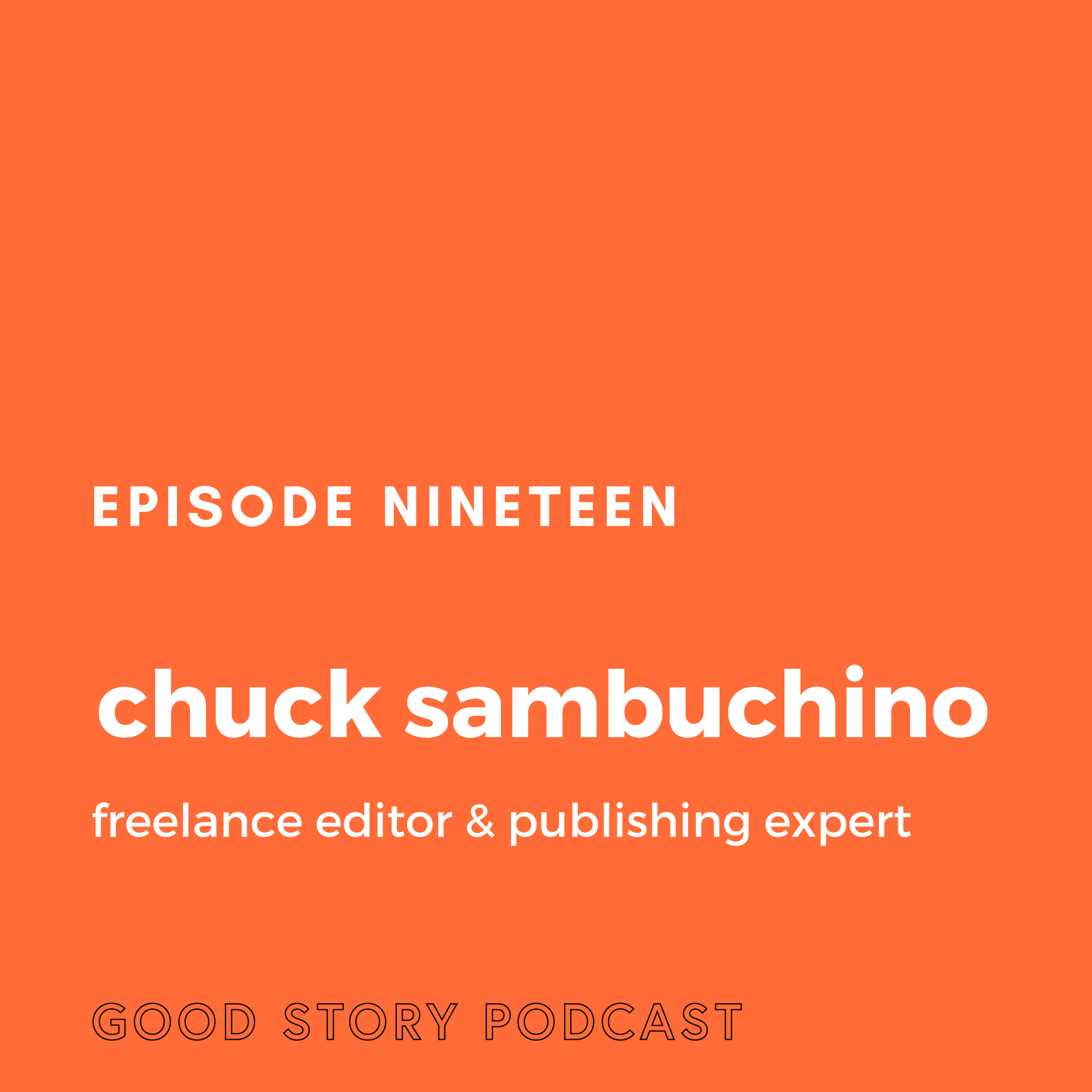
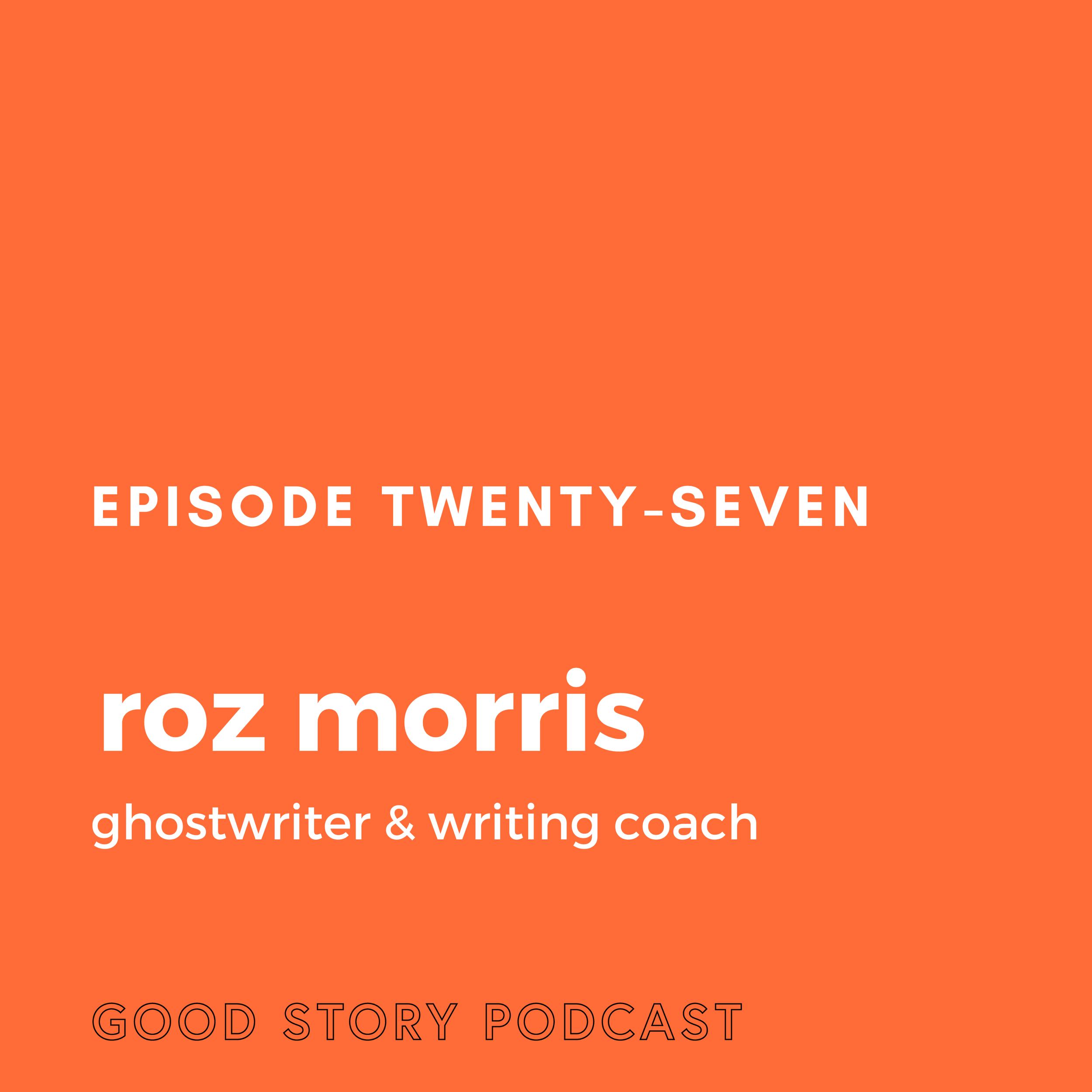
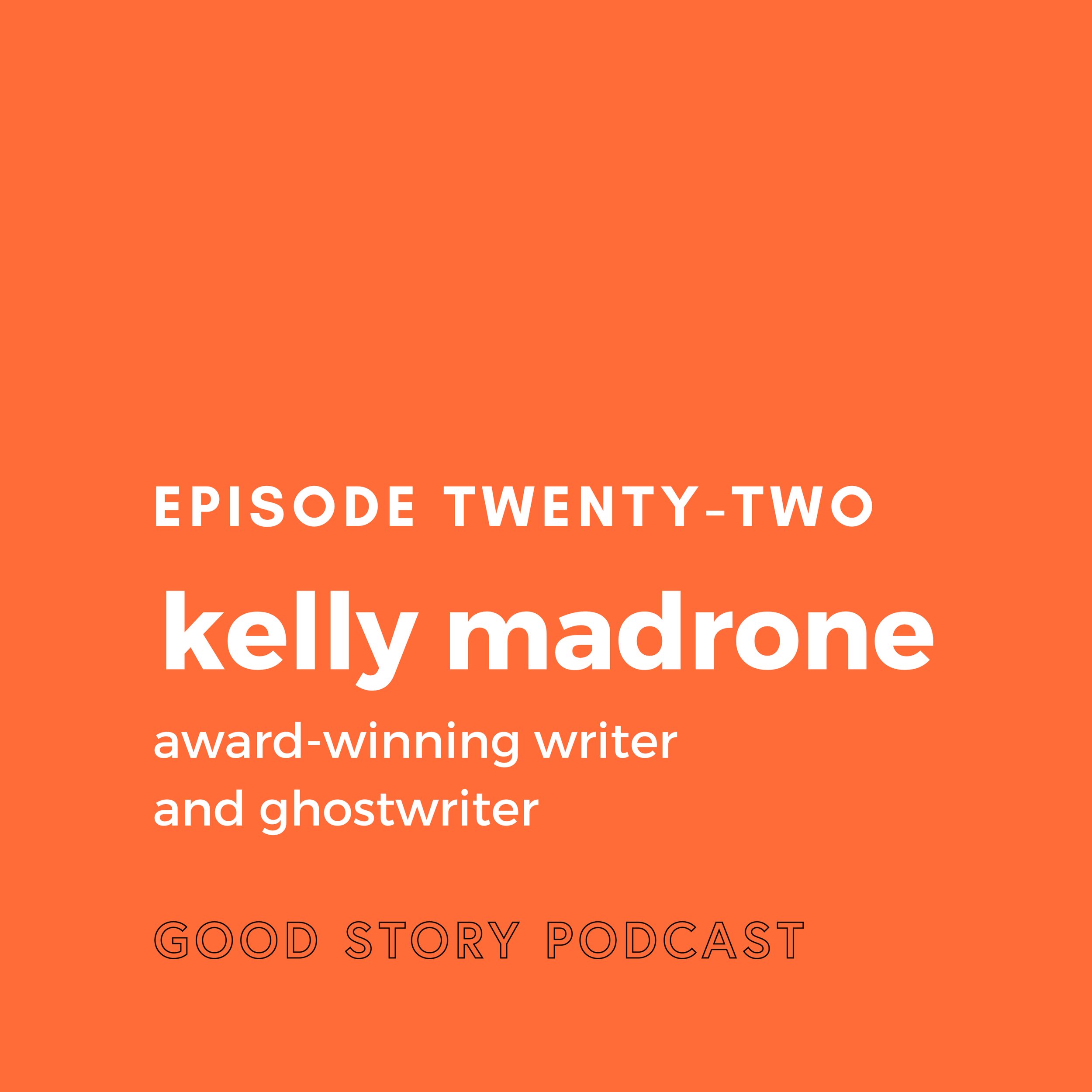
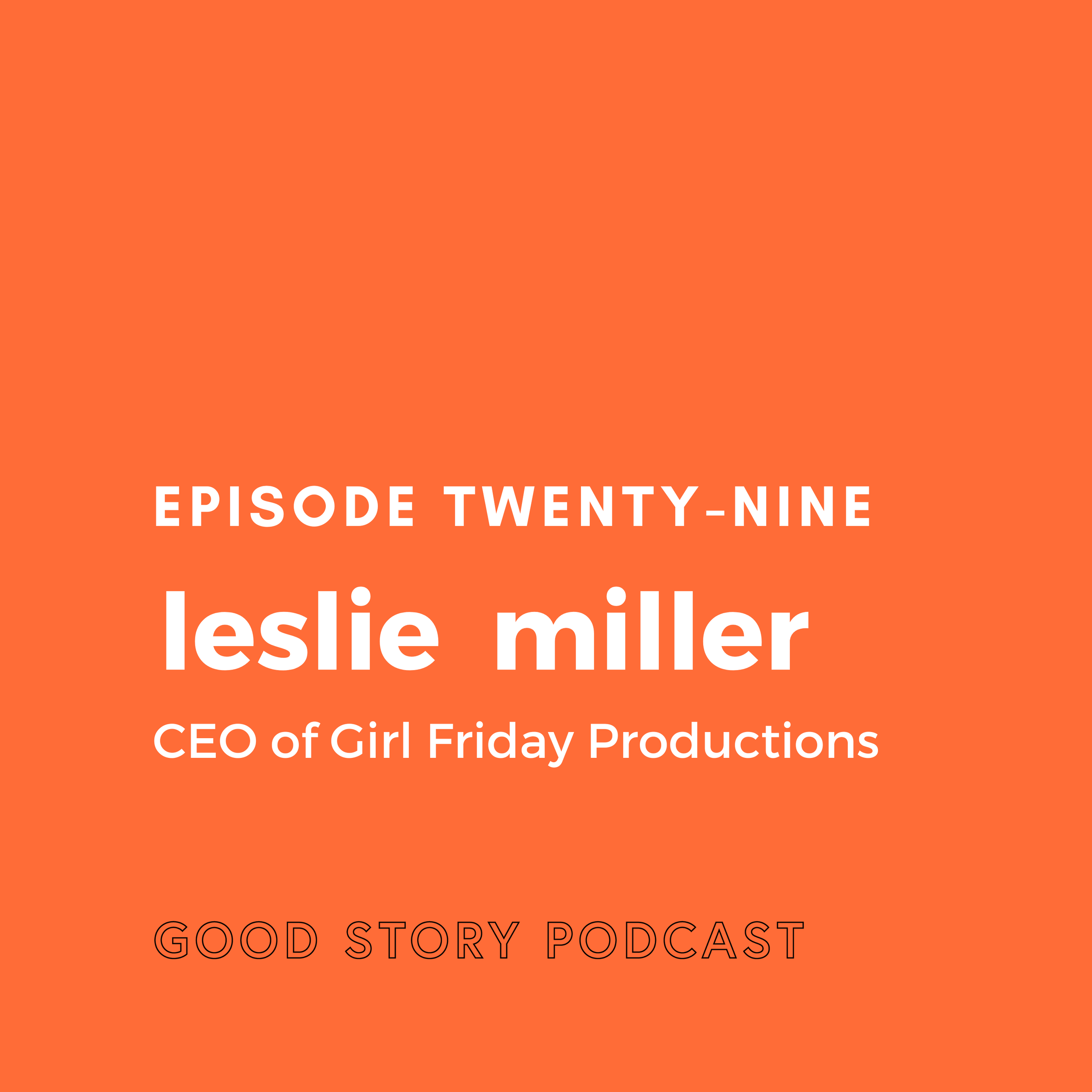




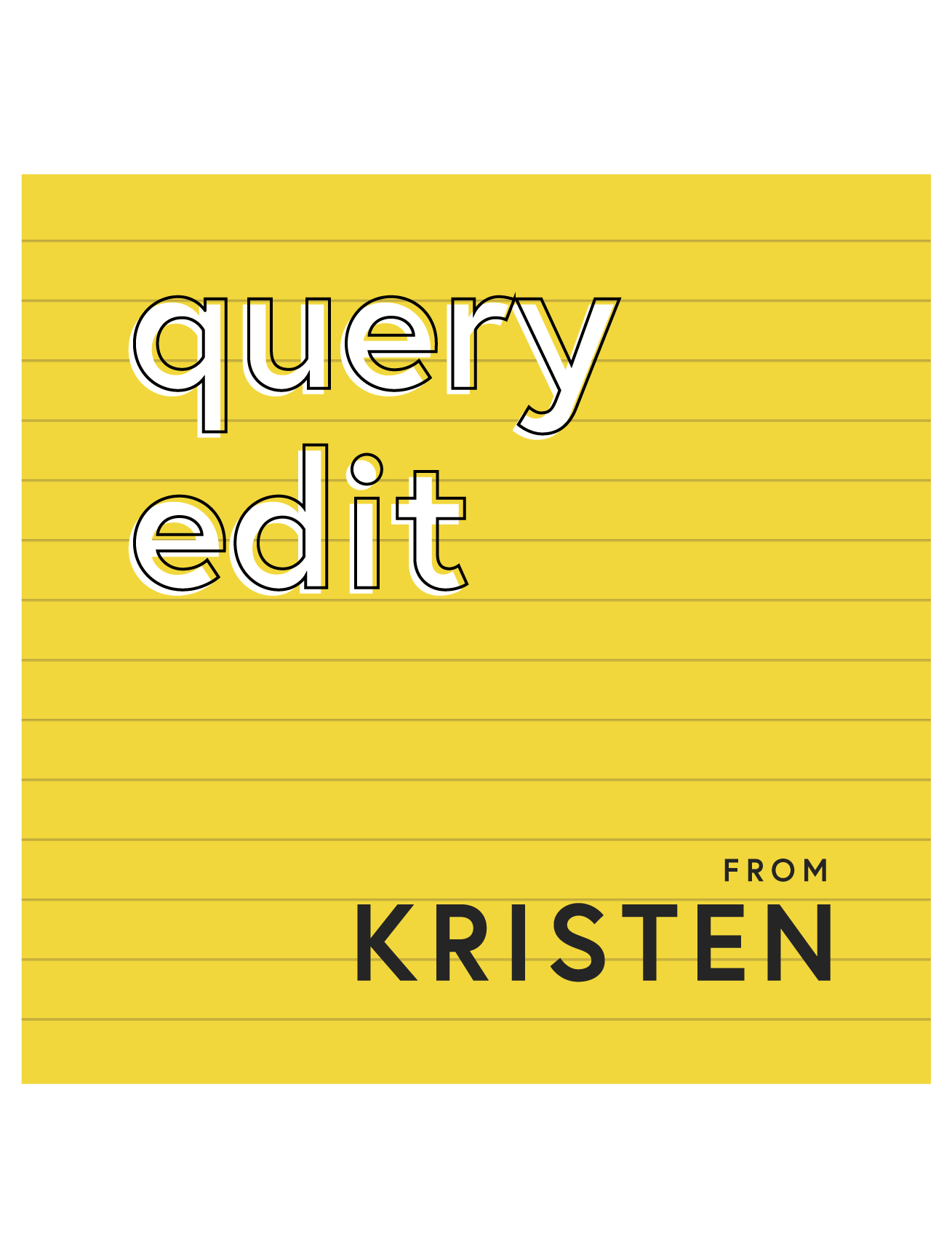
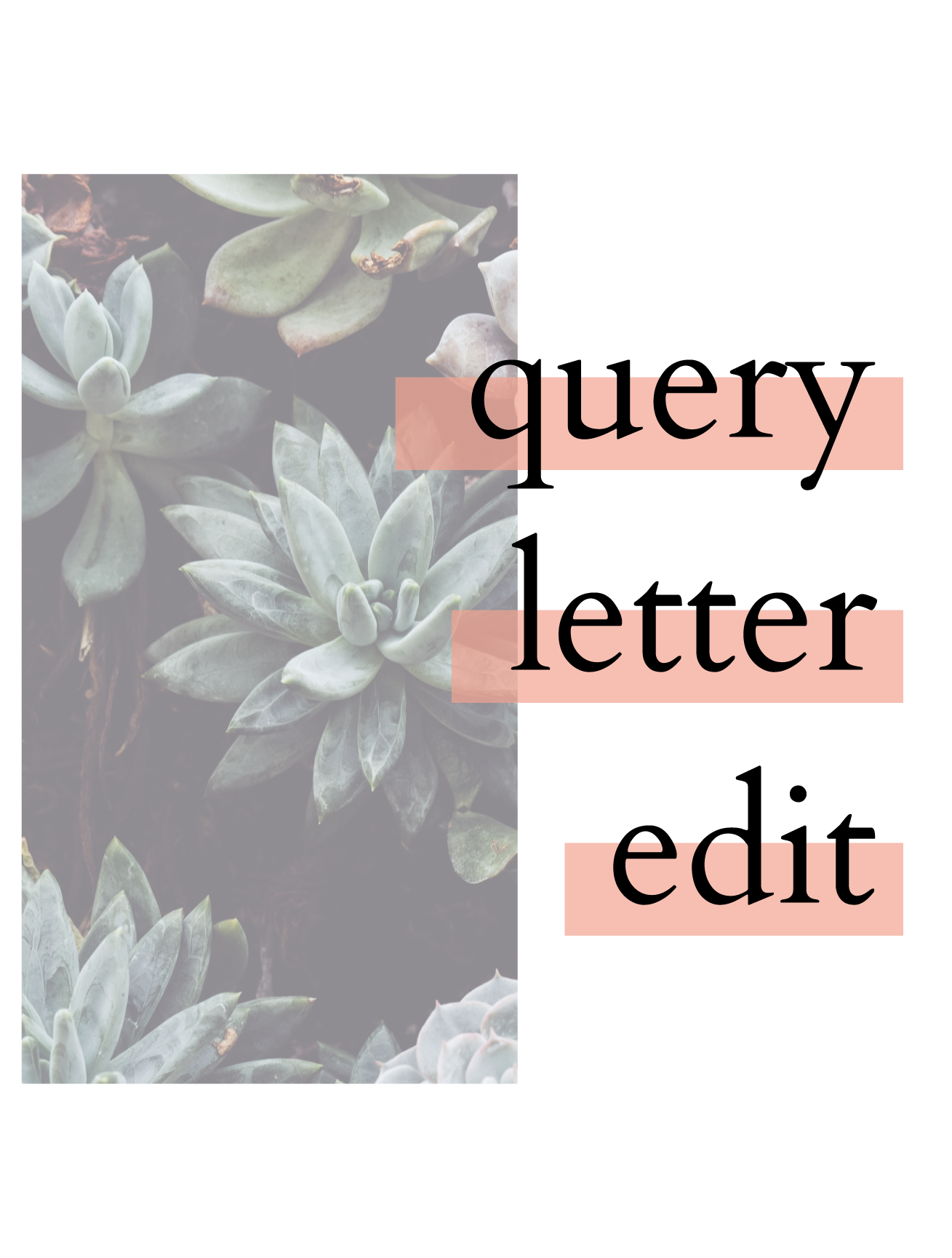
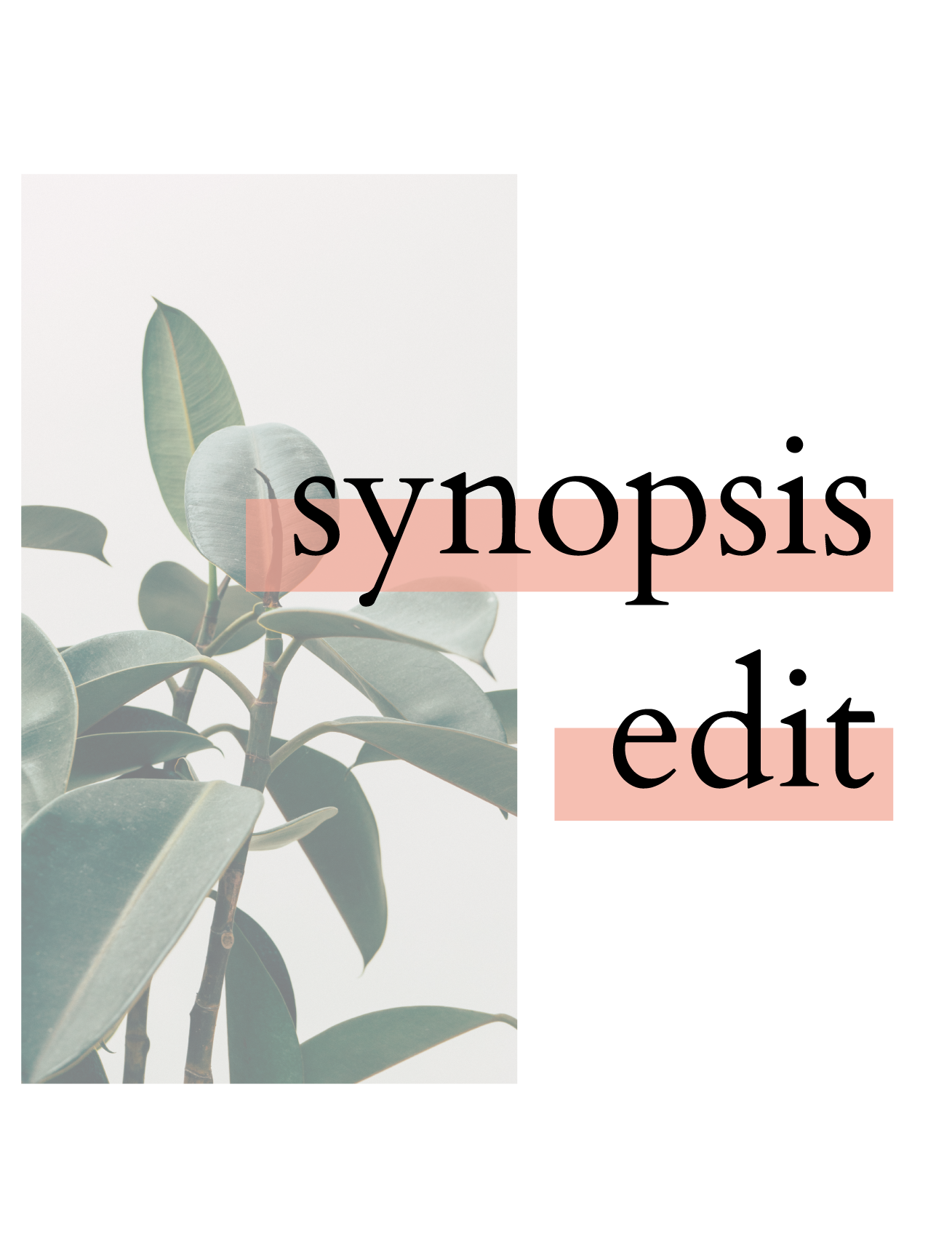


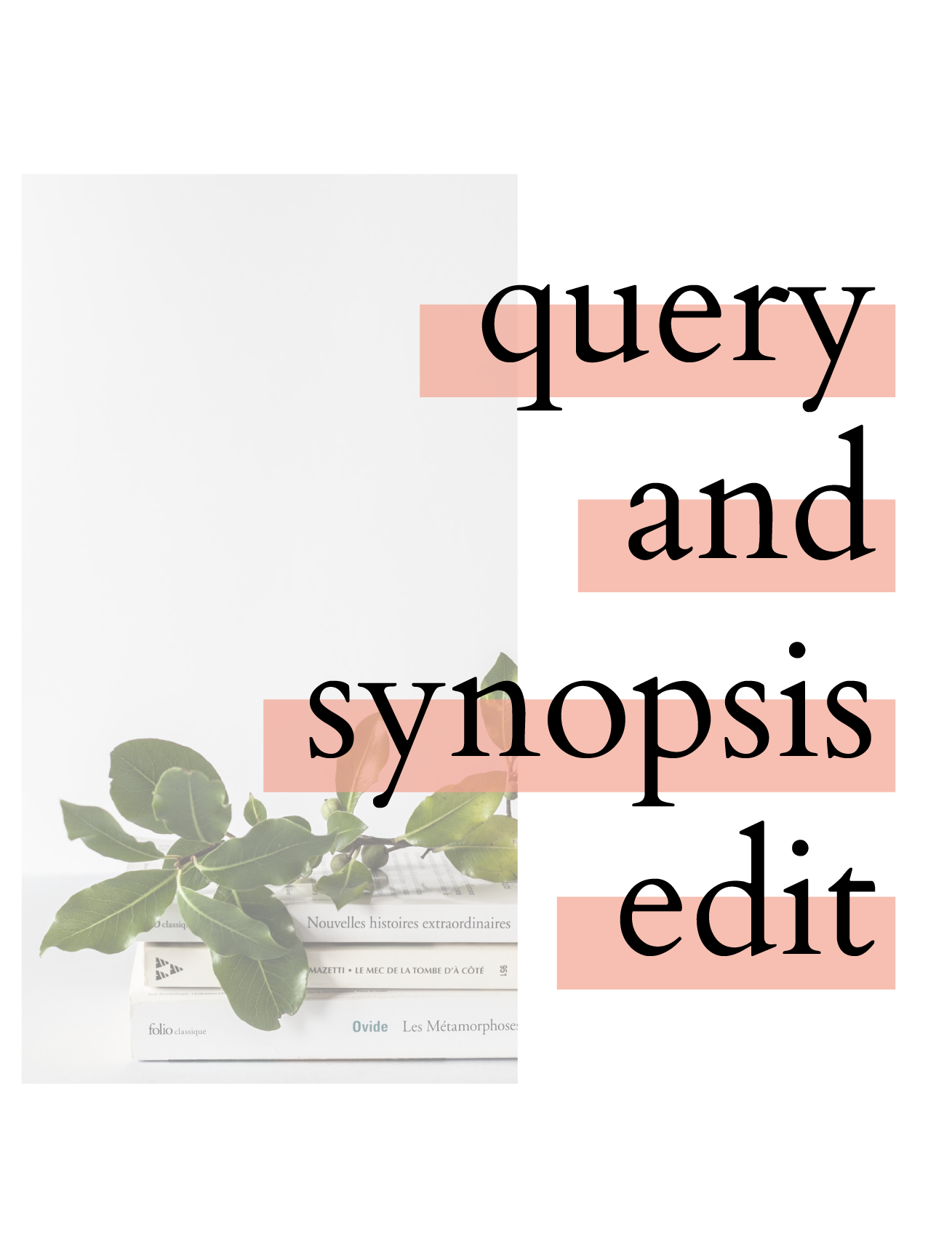
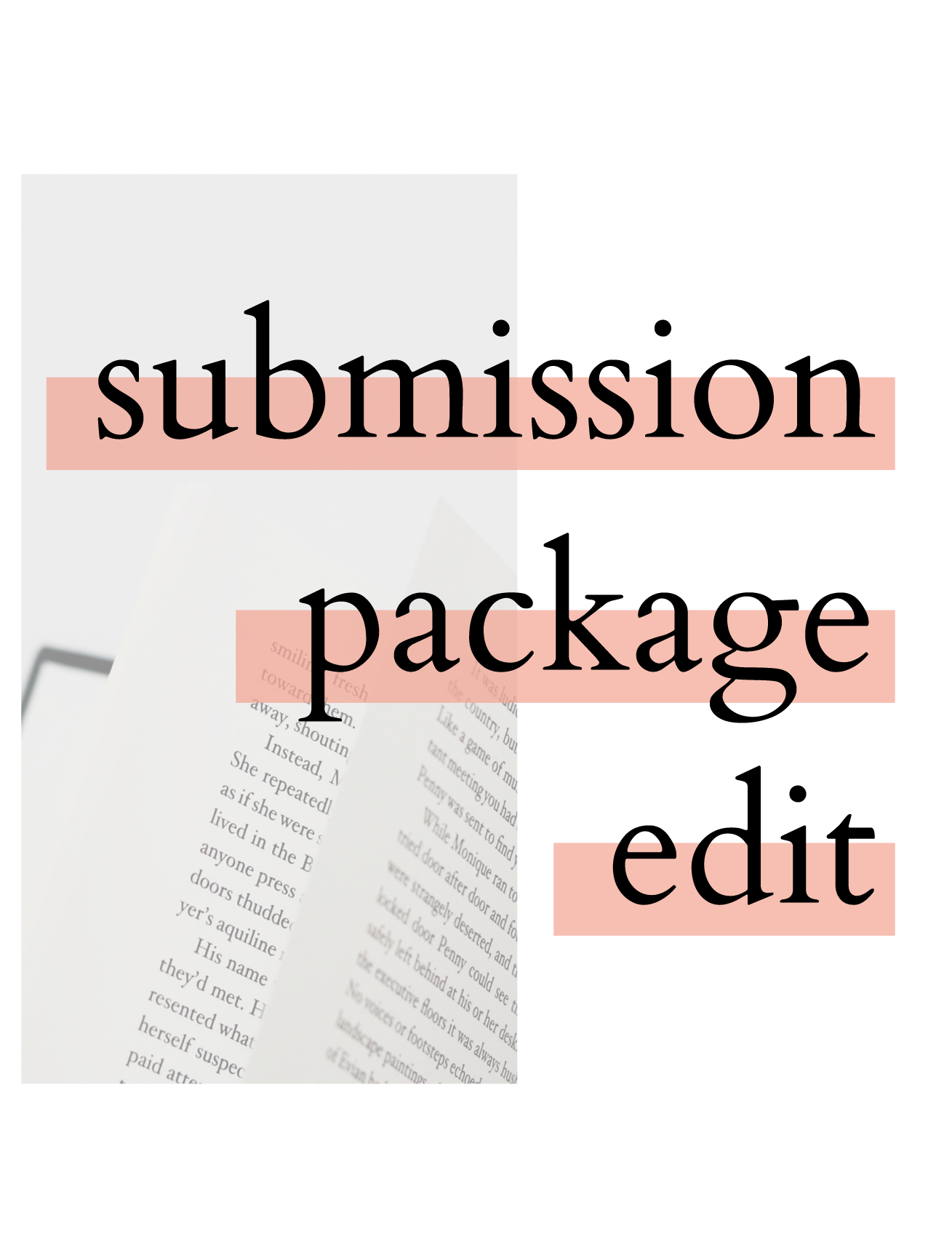




Thrilled to be joined by author and publishing expert Courtney Maum! She gives us insight behind her terrific book, Before and After the Book Deal, and talks about the highs and lows of publishing. Tune in for her knowledgable tidbits about marketing, building an online platform, self-publishing, memoir, and more!